The New Reality of HR in 2025
Evolving HR Capabilities
The rapid changes in technology, shifting workforce dynamics, and competitive landscape are driving changes in how we work, reshaping industries, and challenging organizations to operate at unprecedented speeds. What feels fast now will soon become the baseline, with even greater demands on agility and innovation just around the corner. HR leaders must embrace a mindset of continuous learning, equipping themselves and their teams to adapt to whatever challenges arise. To achieve this, HR professionals must ask themselves: How will we rise to meet these demands and transform HR into a strategic driver?
HR Leaders + Owning the Conversation
Sometimes, HR can be perceived as a reactive function focused on compliance and transactional tasks. However, if we look at the HR function another way, it is the key to an agile and innovative business. To remain relevant, HR leaders should strive to be active architects of organizational success – working towards becoming a strategic driver in 2025 and beyond.[1] Here are practical steps to consider to elevate your HR function and empower HR leaders to drive meaningful outcomes.
1. Continuously Develop Your Team
To stay ahead in a fast-changing environment:
- Train your team: Focus on AI integration, workforce analytics, and strategic workforce planning.
- Expand HR Capabilities: Prioritize skills in data analytics, leadership development, and organizational design.
- Redefine Roles: Shift selected HR positions to focus on strategic impact.
2. Embrace Data
Track strategic outcomes through data:
- Adopt Real-Time Tools: Use platforms to track employee engagement, turnover, and productivity.
- Analyze Trends: Forecast hiring needs, identify skill gaps, and plan for succession.
- Communicate Insights: Create dashboards and reports that link data directly to business goals.
3. Advocate for HR to join in Strategic Conversations
To position HR as a trusted partner:
- Advocate for HR’s inclusion: Be a part of strategic planning to align HR strategies from the start.
- Provide Proactive Solutions: Anticipate challenges and propose workforce strategies ahead of time.
- Show Measurable Impact: Demonstrate how HR initiatives contribute to business outcomes like revenue growth and employee satisfaction.
Staying Ahead of the Curve
With organizations operating at the speed of innovation, HR cannot lag behind. Success will hinge on building capabilities that allow HR to anticipate and act, not just react. Mastering the art of agility to quickly pivot in response to business needs while consistently focusing on employee engagement, productivity, and well-being will be critical.
In our February newsletter, we will dive deeper into the dynamic nature of HR in 2025, exploring how to leverage emerging technologies like AI, and build ecosystems where talent thrives. By focusing on what matters most—aligning people strategy with business goals—our goal is to equip you with insights to confidently face the challenges of tomorrow.
Sign up for Warren Whitney’s newsletters here: https://warrenwhitney.com/newsletter-signup/
Contributed by Beth Williams, Warren Whitney
[1] The HR Observer, HR’s Strategic Role Will Drive Organisational Success in 2025, December 26, 2024, www.thehrobserver.com/decision-making-hr-strategy/hrs-strategic-role-will-drive-organisational-success-in-2025
Warren Whitney’s HR team works with business leaders to strategically evaluate your best path forward. Our work includes strategy consulting, HR assessments, fractional HR leaders, in-depth compensation and benefits analysis, organizational structure and planning, and talent management. If you have any questions or seek further clarification, please call us at 804-282-9566 or email Kyle Ficker at kficker@warrenwhitney.com. We do not charge for the initial call. We want to learn more about your business needs.
MAKING POTENTIAL HAPPEN
Meet Your 2025 Board of Directors
Here is your 2025 Board and what the future of VACEOs looks like to them.
Henry Clifford, Livewire
Position on Board: Chairman
Something you’ve learned as a member: I’m not alone and there’s no shortage of opportunities to improve the lives of our employees thanks to the amazing camaraderie & collective wisdom found in our roundtables.
Dreams for the future of VACEOs: Roundtable health is vital to the success of our group. I’d love to help move the needle north on making the Roundtable experience more meaningful for our members.
Something more personal: I love live music, endurance racing and flying airplanes. I’ve been happily married to my wife for 22 years and we have 3 amazing kids with an incontinent French Bulldog serving as team mascot.
Melissa Ball, Ball Office Products and C.P. Dean Company
Position on Board: Vice Chair
Something you’ve learned as a member: Our problems are nearly all the same. Being together in our round tables and as a larger group gives us endless opportunities for continued personal and business growth.
Dreams for the future of VACEOs: To build stronger relationships and create resources for each other through programing and meeting structures our members find to be meaningful and valuable.
Something more personal: I am a wife. mom, dog lover, sailor, policy advocate and reluctant entrepreneur.
Ron Carey, Tilt Creative + Production
Position on Board: Past Chair
Something you’ve learned as a member: We not only have some amazing CEOs, but even better people. It’s really been a pleasure to build relationships with members and sponsors.
Dreams for the future of VACEOs: My hope for the future of VACEOs is that it continues to meet the needs of CEOs regardless of their stage in the CEO journey.
Something more personal: I hope that all of our CEOs have good health and prosperity in 2025!
B. Scott Crawford, Virginia 811
Position on Board: Treasurer
Something you’ve learned as a member: How the Round Tables are very powerful experiences that have facilitated my ability to learn more about me and gain more insight into who I am.
Dreams for the future of VACEOs: A VACEO presence and participation rate in the Roanoke Valley to rival the Richmond area!
Something more personal: I have a strong passion for technology and innovation. I love working with others to explore how technology can be leveraged in new ways in my industry in order to help protect Virginia’s underground infrastructure!
Bryant Harrison, Seventh Wall
Position on Board: Director
Something you’ve learned as a member: I’ve learned that CEOs, as a group, are incredibly creative, resilient, adventurous, and fun-loving. Being part of VACEOs feels like I’ve found my people.
Dreams for the future of VACEOs:
I believe VACEOs has a unique ability to do something truly impactful:
- Show business owners the power they hold, and
- Teach them how to use that power to create positive change in their communities.
Now more than ever, businesses have the opportunity to make a real difference in the world, and VACEOs has the power to help make that happen.
Something more personal: I am most happy when sharing good meals or unique experiences with thoughtful, curious people. Also, I LOVE snowboarding, wakeboarding, and kiteboarding.
Jill Lemon, Sandbox
Position on Board: Director
Something you’ve learned as a member: As a VACEO member, I’ve learned how to be a more confident leader and reassurance that I’m not the only leader trying to figure things out on a daily basis.
Dreams for the future of VACEOs: In my dreams, the future of VACEOs looks like a diverse membership full of tenured and emerging leaders learning from each other.
Something more personal: I love thrifting and a hunt for a good deal!
Todd Mawyer, TK Promotions
Position on Board: Director
Something you’ve learned as a member: Being a member of VACEOs has helped me as much personally as it has professionally. When I joined the Council in 2015, I primarily thought it would be good for my business and quickly realized how impactful it was for me personally.
Dreams for the future of VACEOs: My dream for the future of VACEOs is a day when we are providing meaningful connections between Virginia’s top Fortune 500 CEOs with the CEOs of small businesses and everything in between.
Something more personal: My family and I are active members at Second Baptist Church in Richmond where my wife and I teach Kindergarten Sunday School every Sunday. My faith in Jesus is the most important aspect of my life.
Jock Wheeler, Old Dominion Mechanical
Position on Board: Director
Something you’ve learned as a member: I have learned that as a rapidly growing company learning through shared experiences has allow me to grow while avoiding many pitfalls through the experiences of others. By learning this way it has allowed ODM to leapfrog from a $10 million dollar a year company to a $40 Million dollar a year company in just a few years.
Dreams for the future of VACEOs: I hope that VACEOs will continue to broaden its base so other small companies can benefit from this model and continue to reach for their dreams.
Something more personal: By nature, I am an introvert. I have worked to overcome this to be better at my job but its always a work in progress.
Governor Youngkin at VACEOs
VACEOs was honored to have the CEO of the Commonwealth of Virginia, Governor Glenn Youngkin, speak at our first luncheon of the year. We were also proud to recognize five board members for their service to VACEOs. Thank you Jennifer Boyden, Ron Carey, Corey Divine, Arlene Lee, and Kelly O’Keefe for your continued support and leadership.
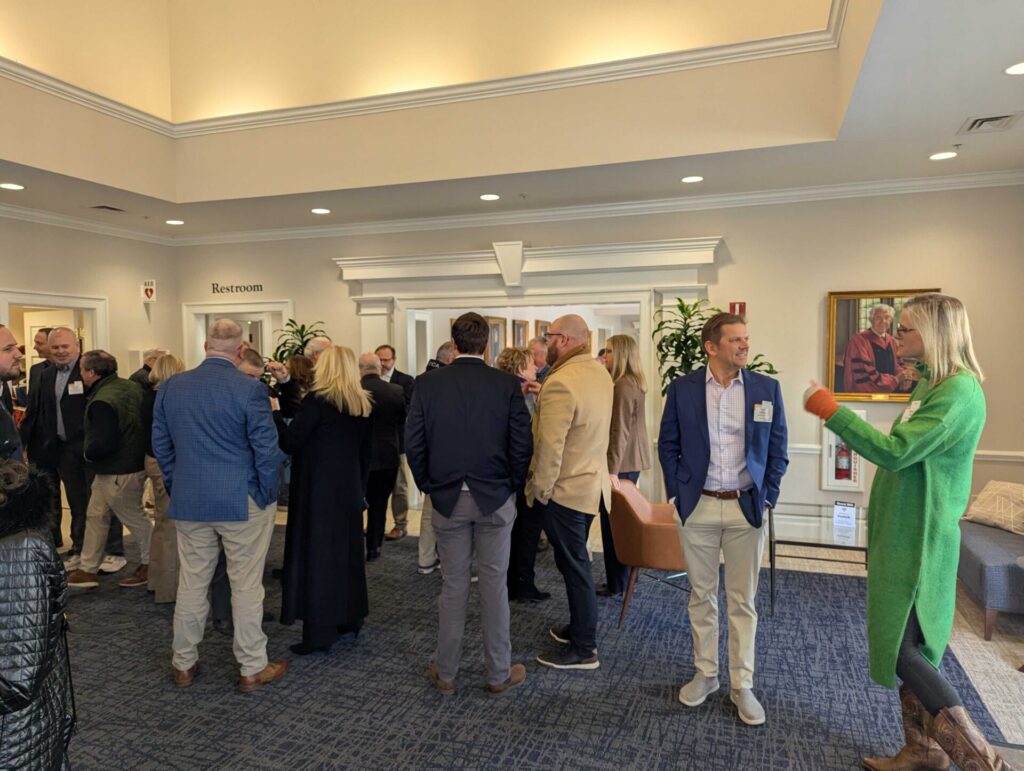
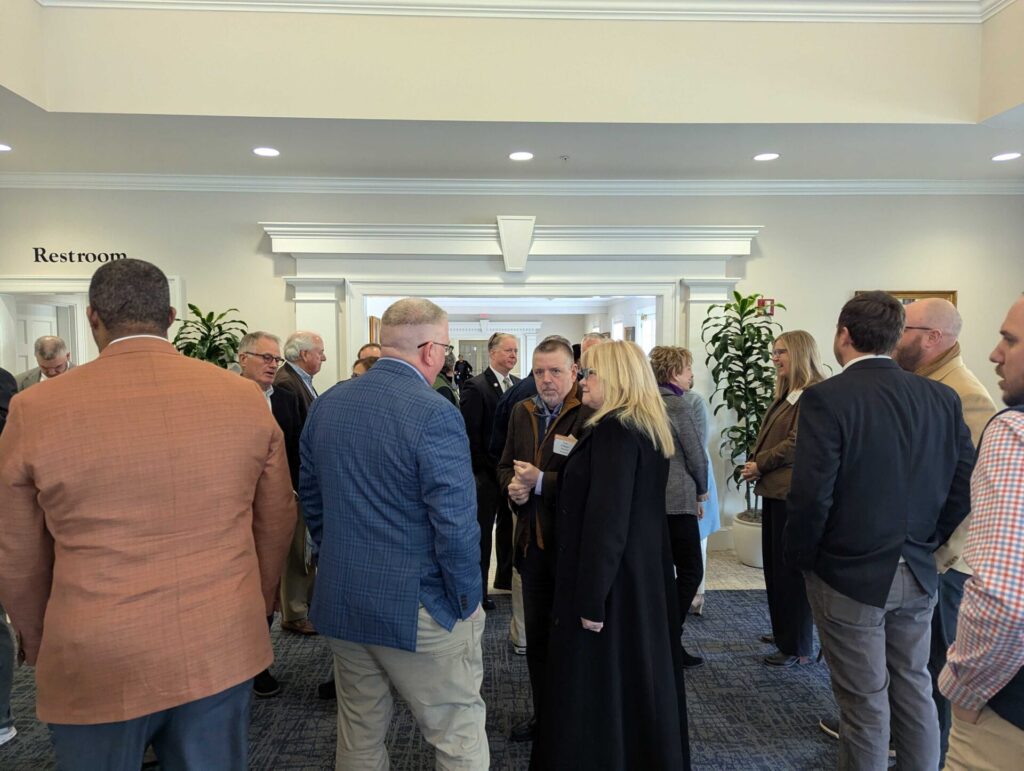
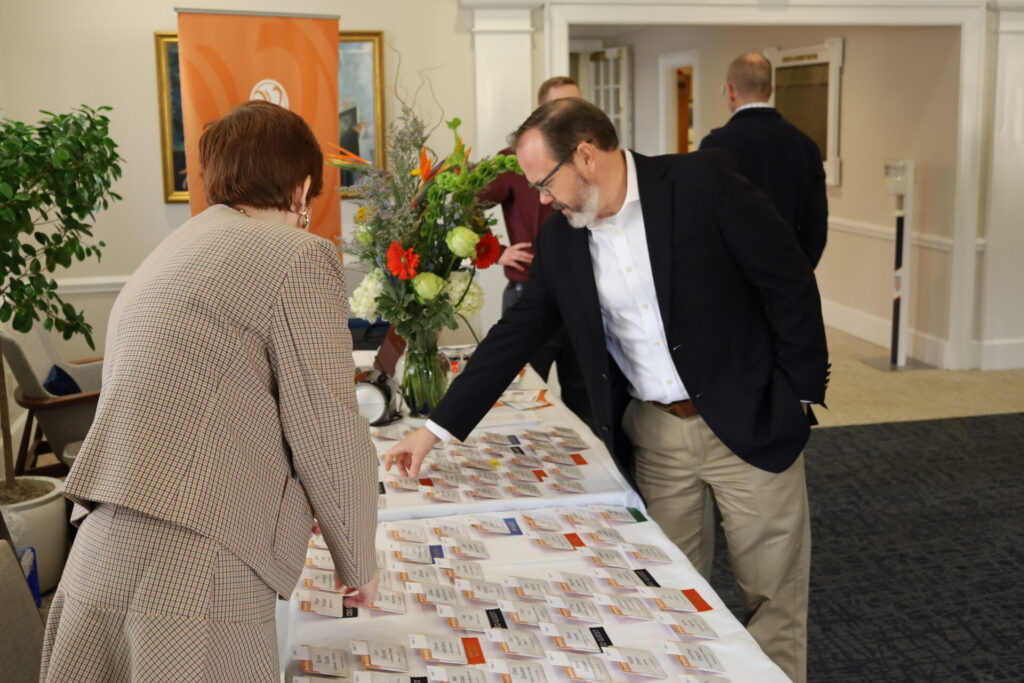
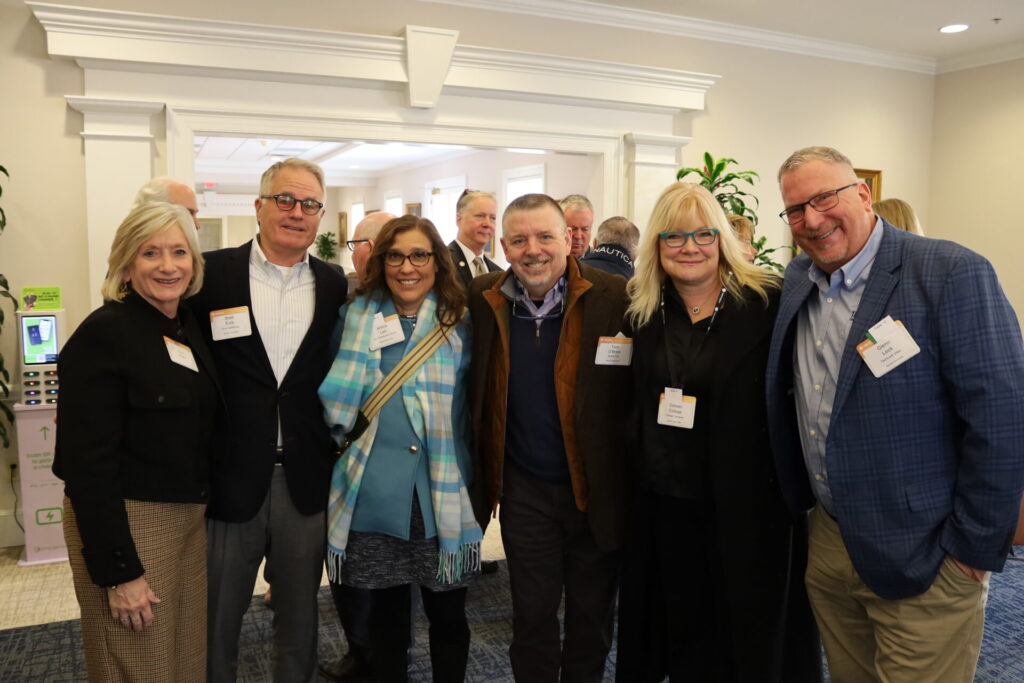
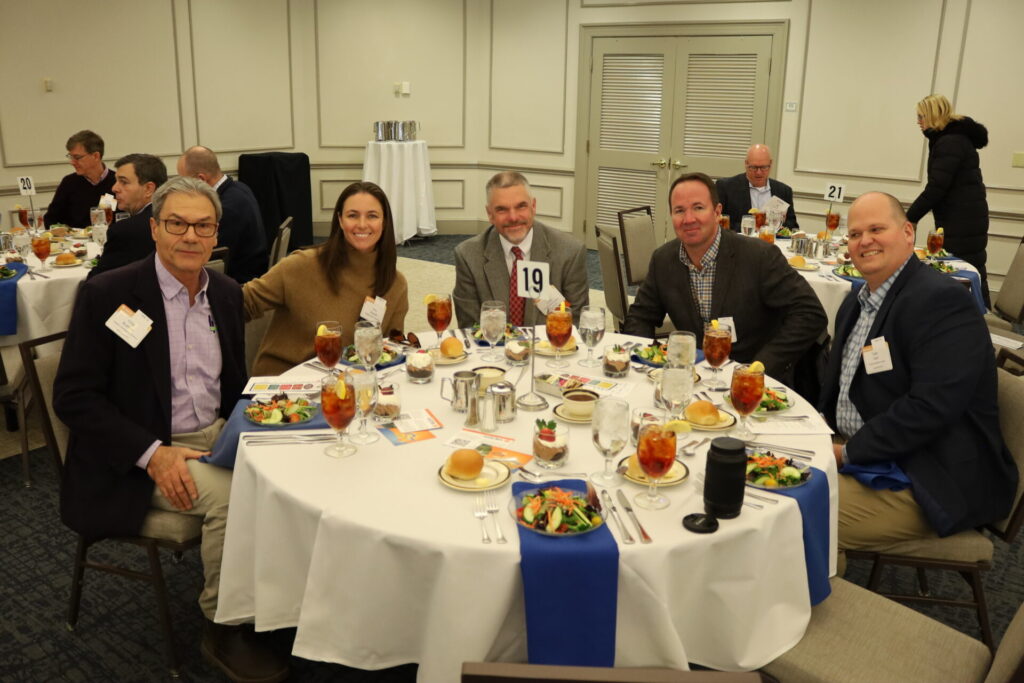
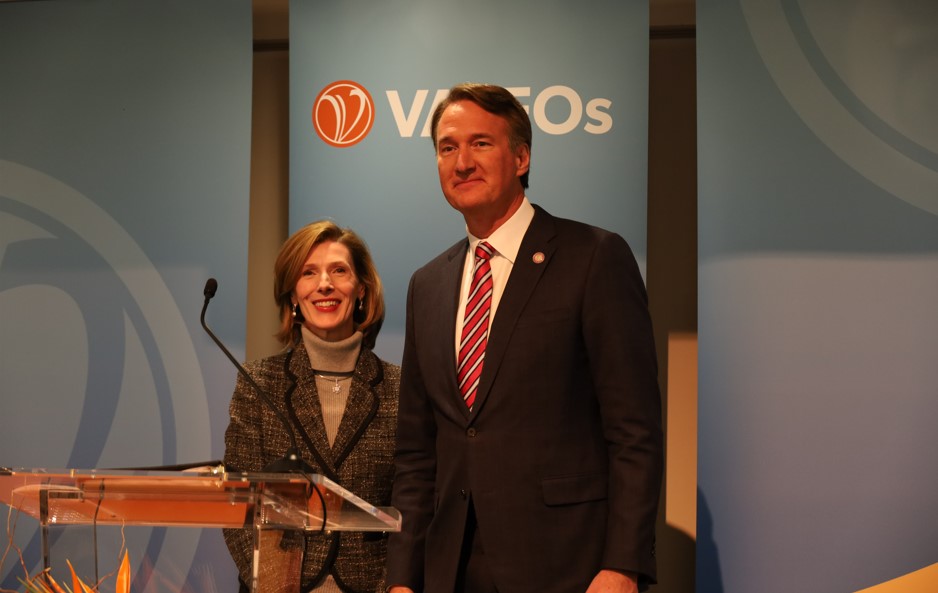
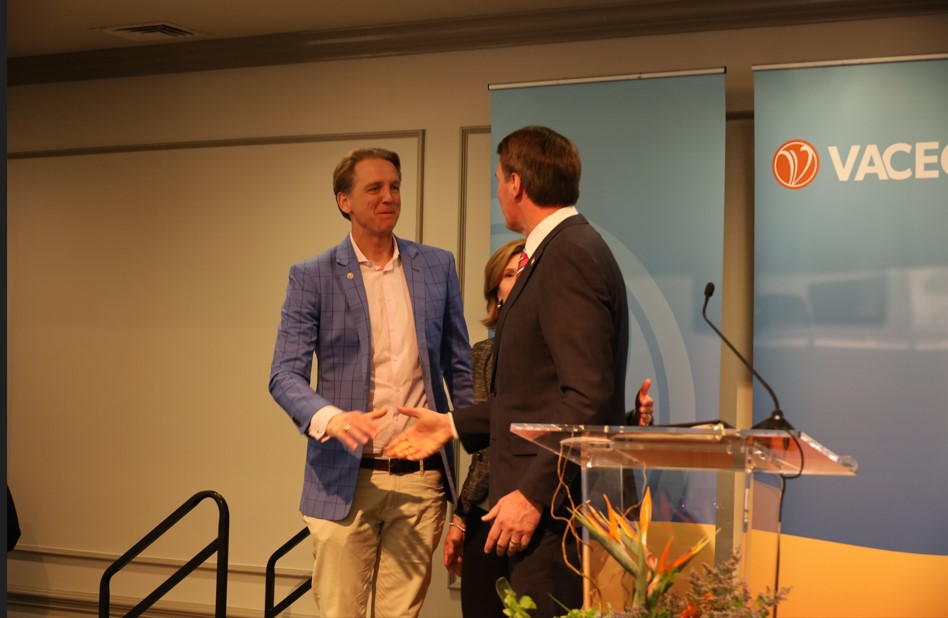
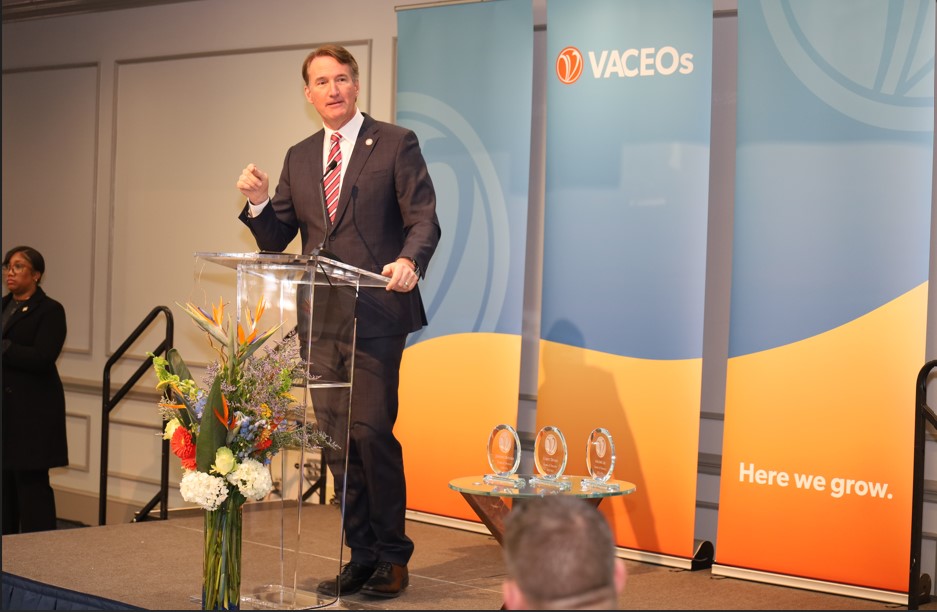
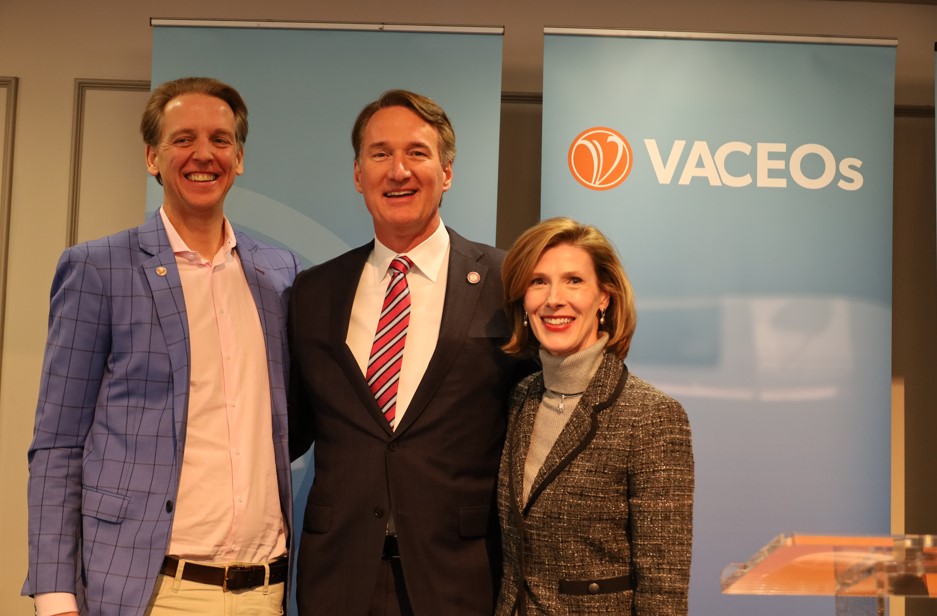
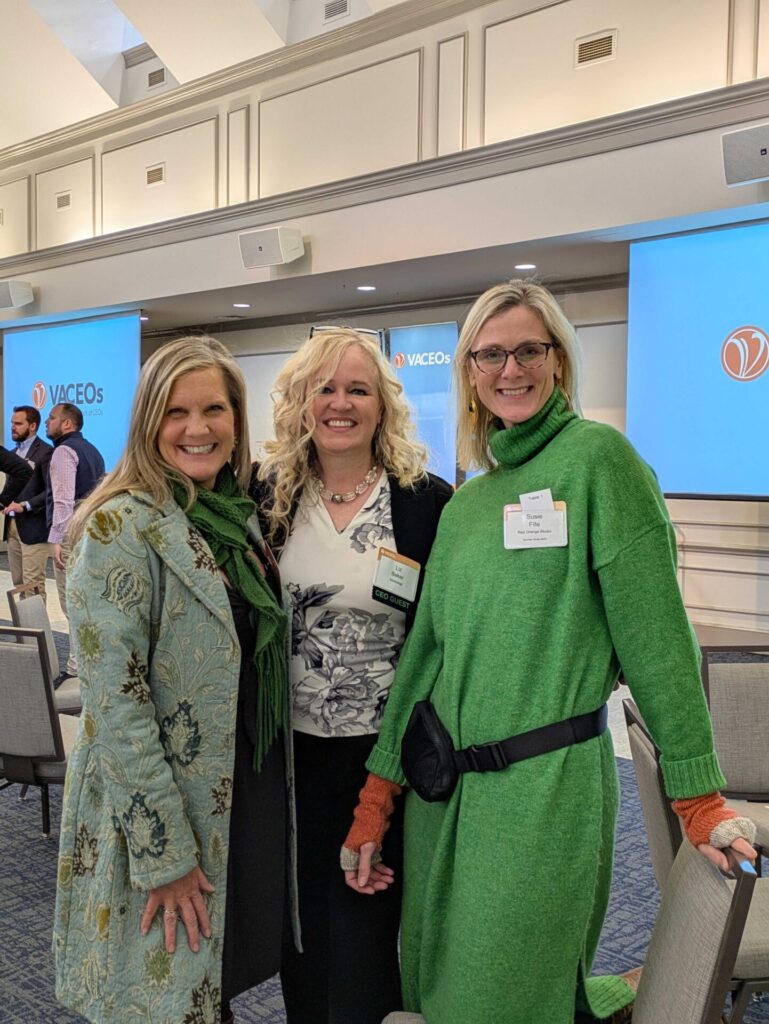
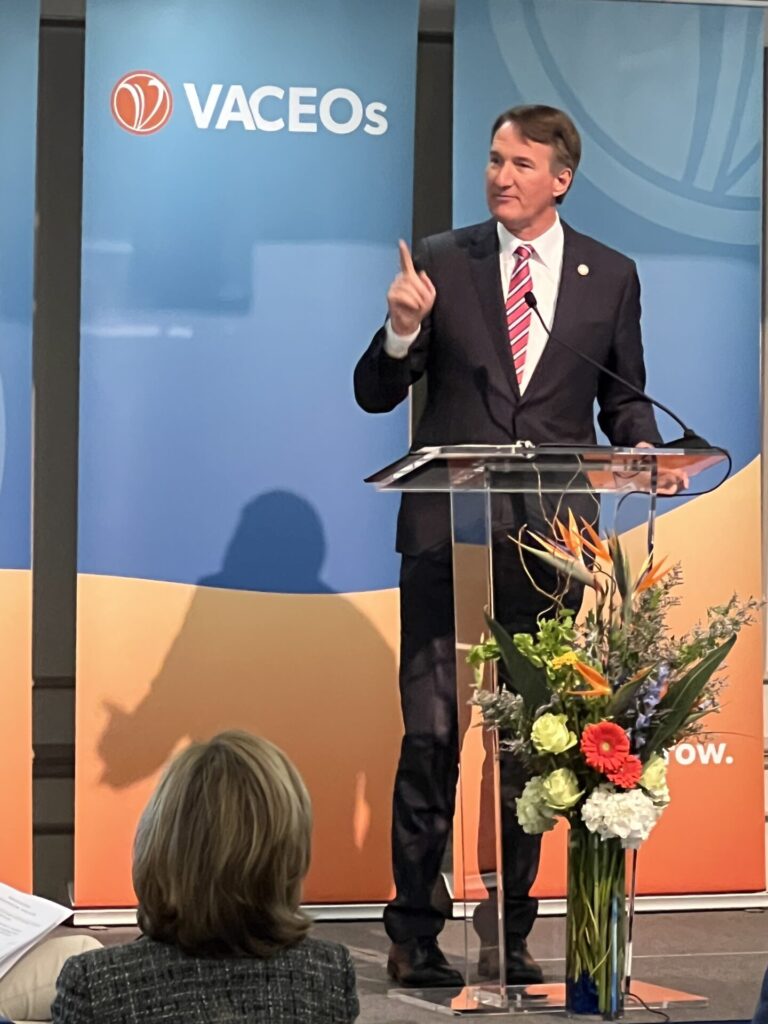
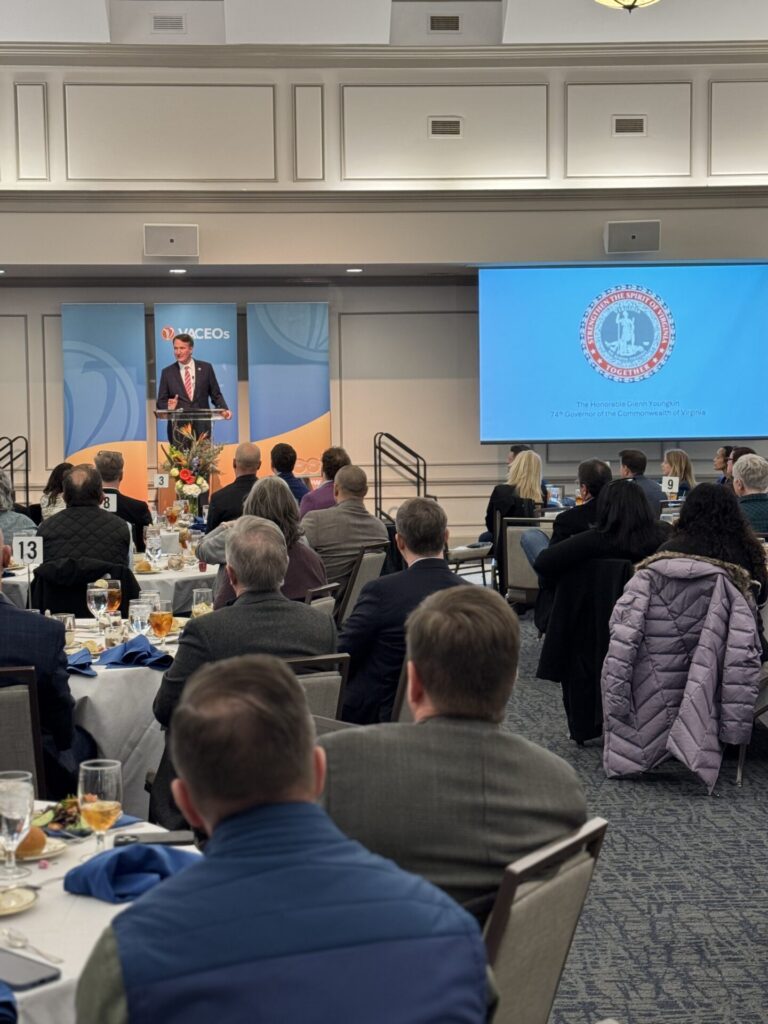
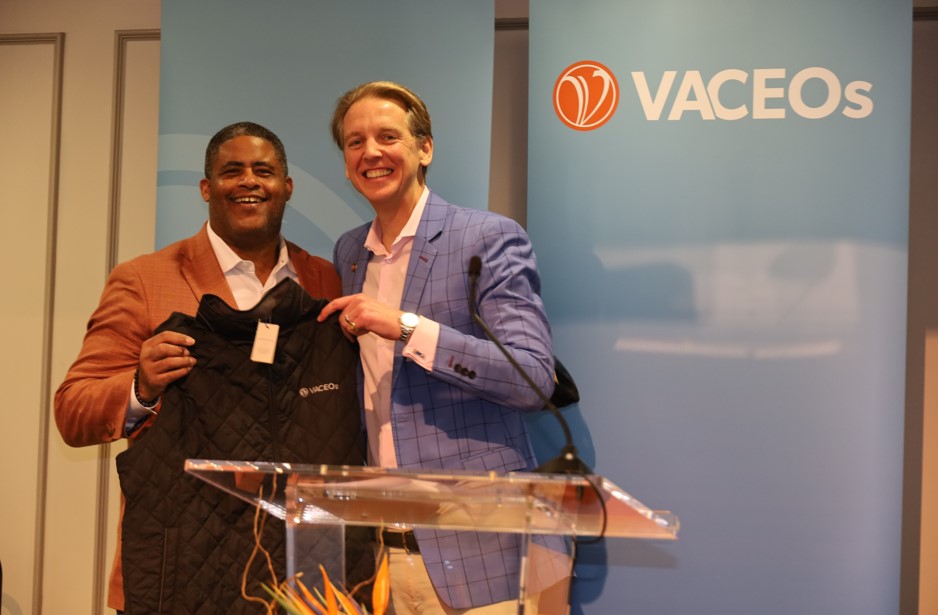
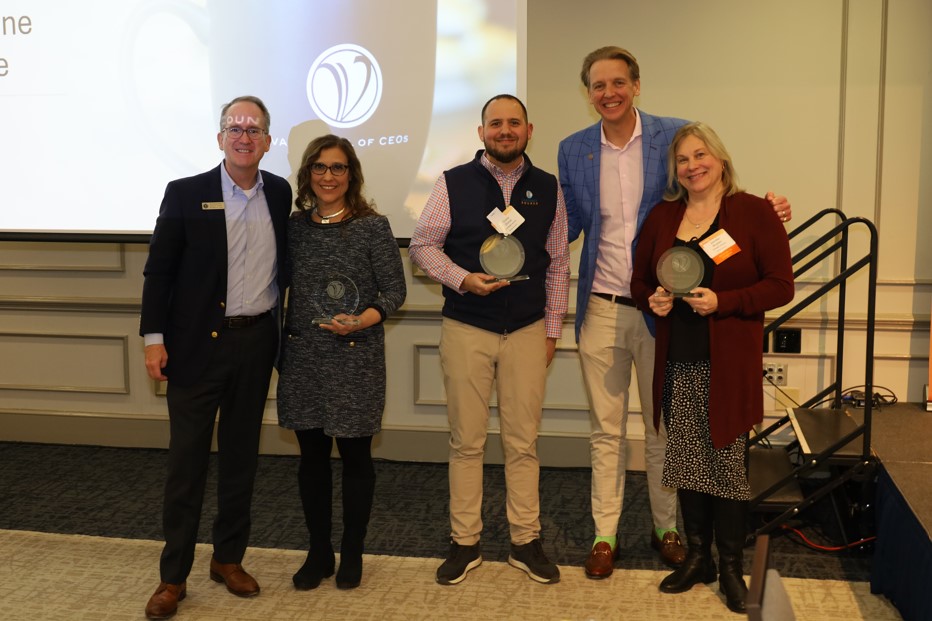
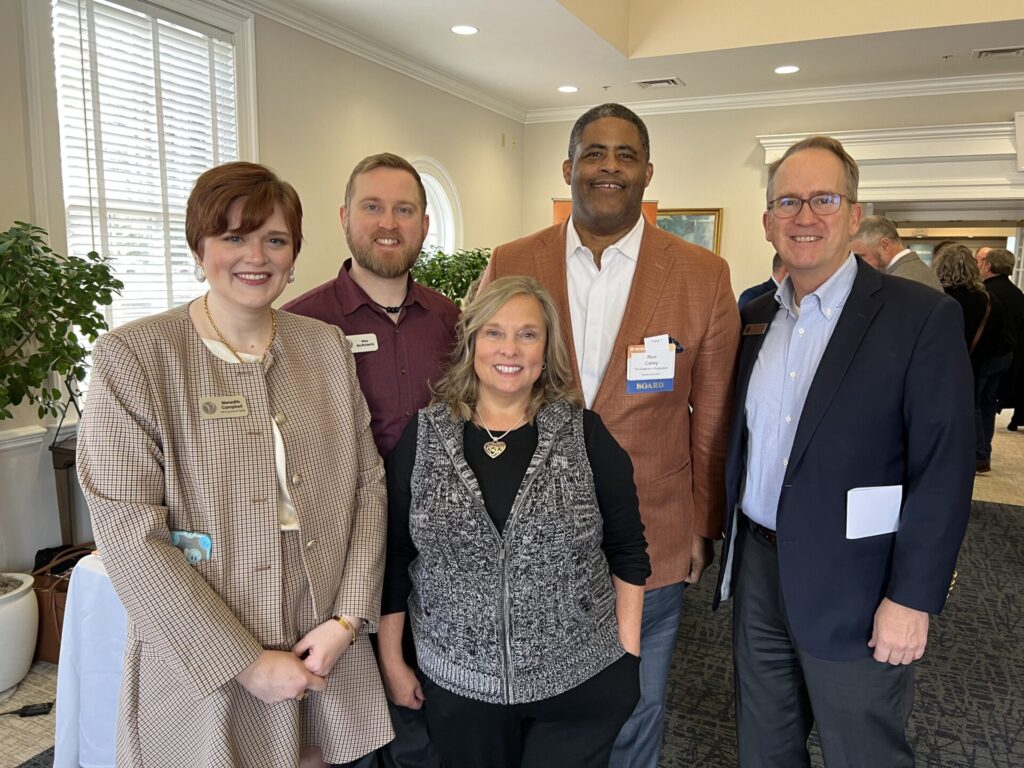
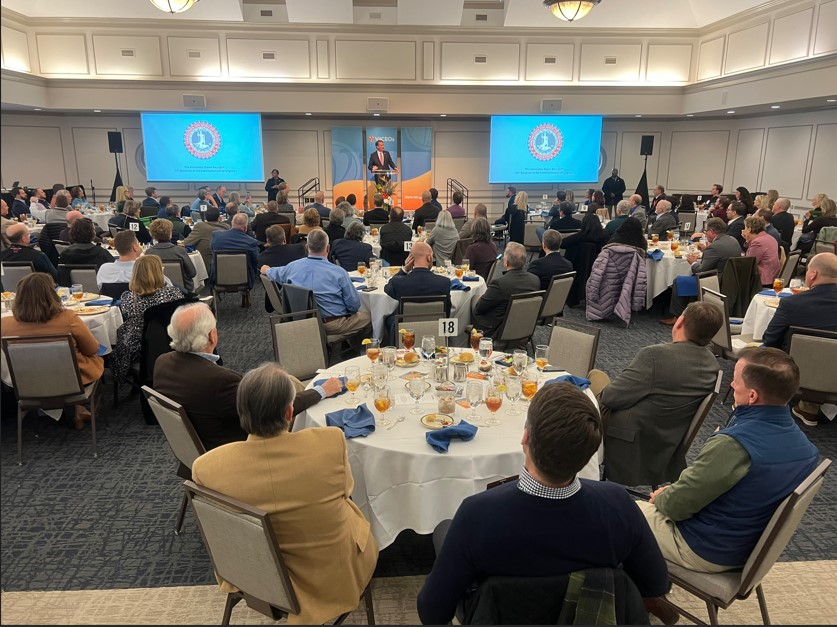
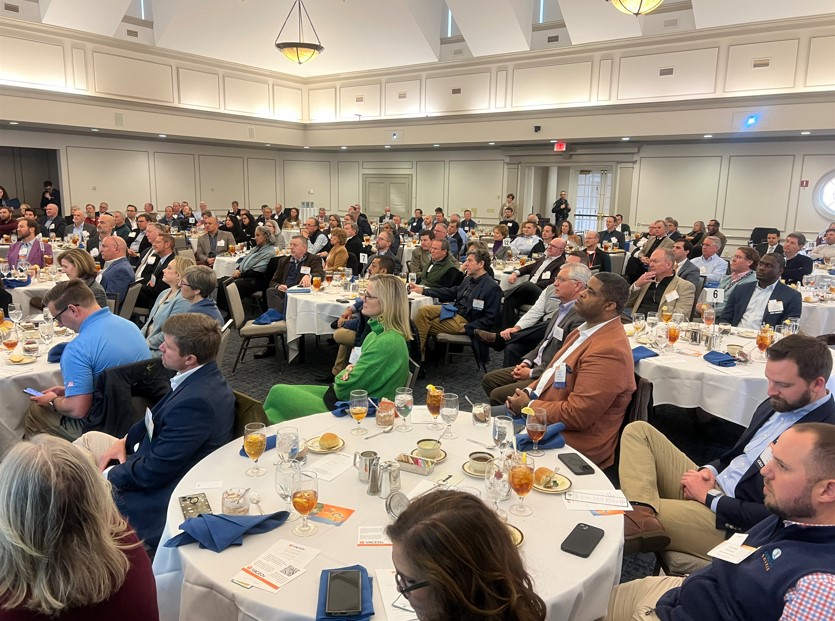
2024 Holiday Celebrations Photo Gallery
The VACEOs community came together to celebrate the holidays in Richmond and Roanoke. We at VACEOs couldn’t be more grateful to go into our 25th Year with such a wonderful community. Wishing you and your family health, happiness and prosperity in 2025.
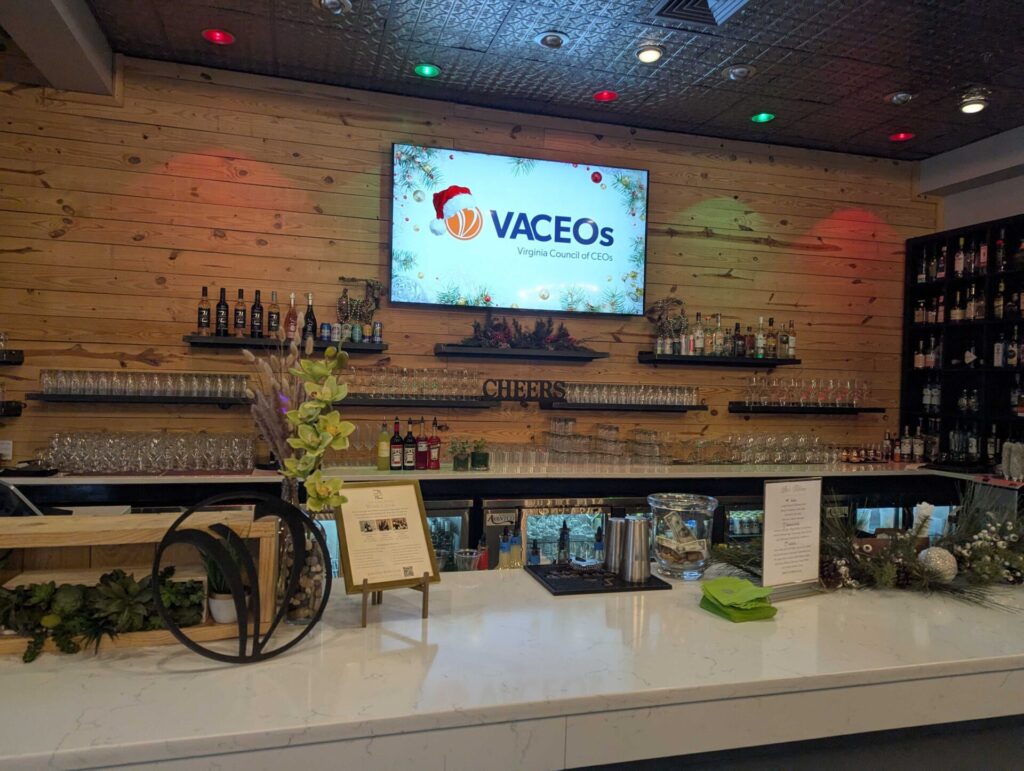
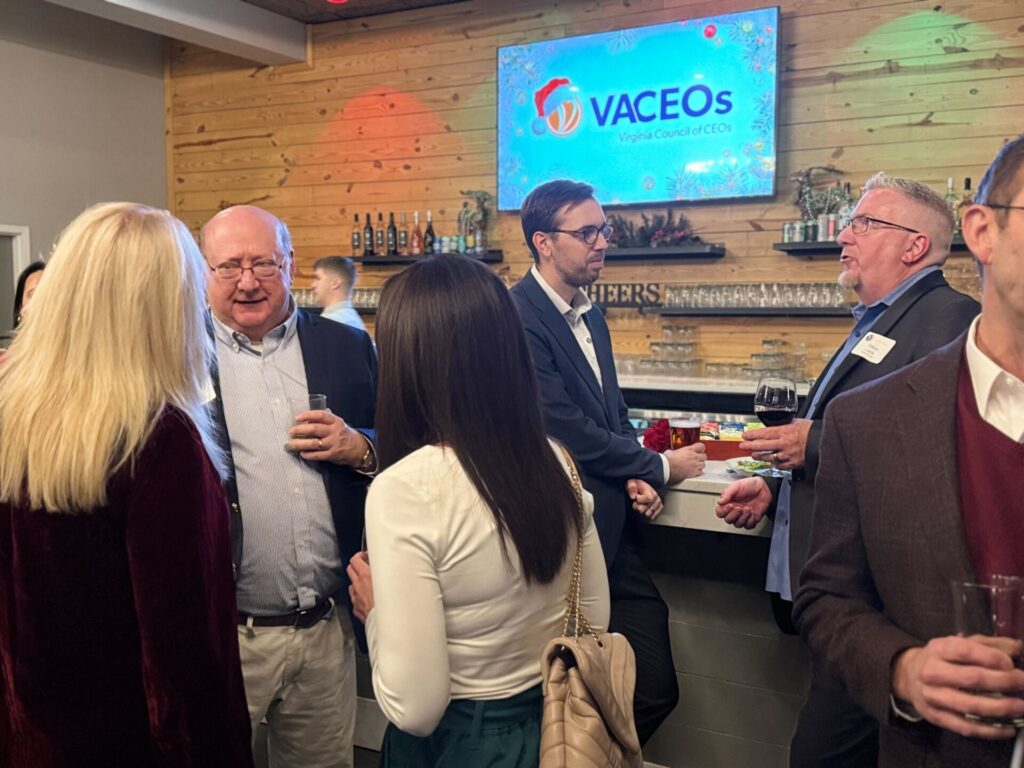
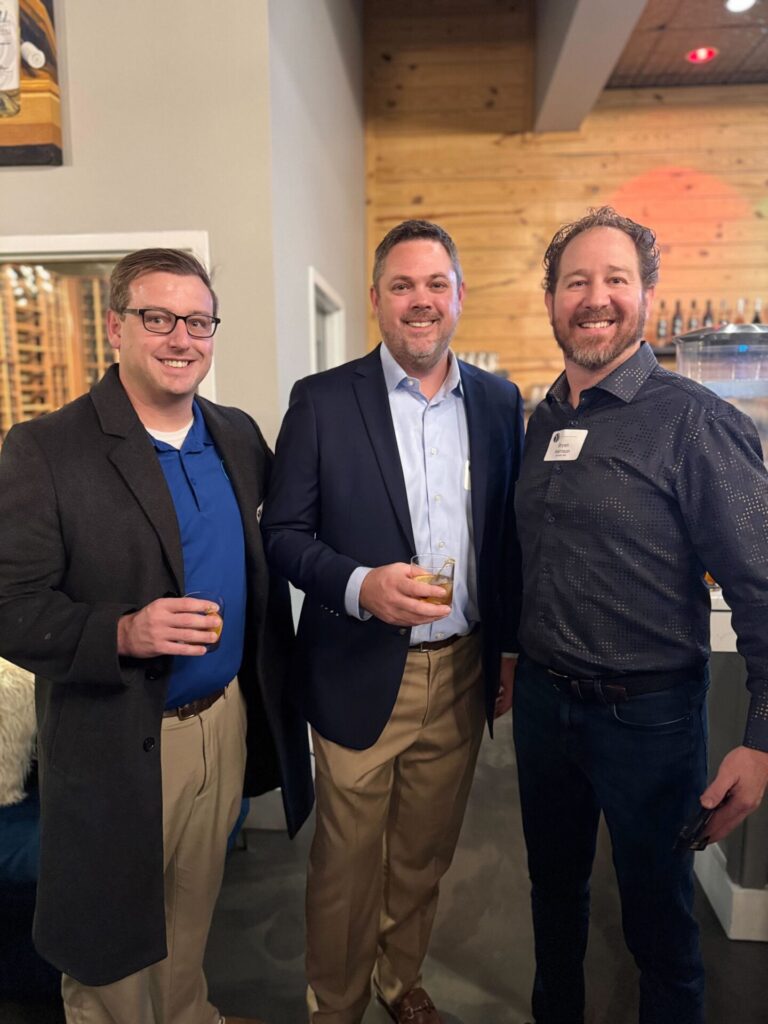
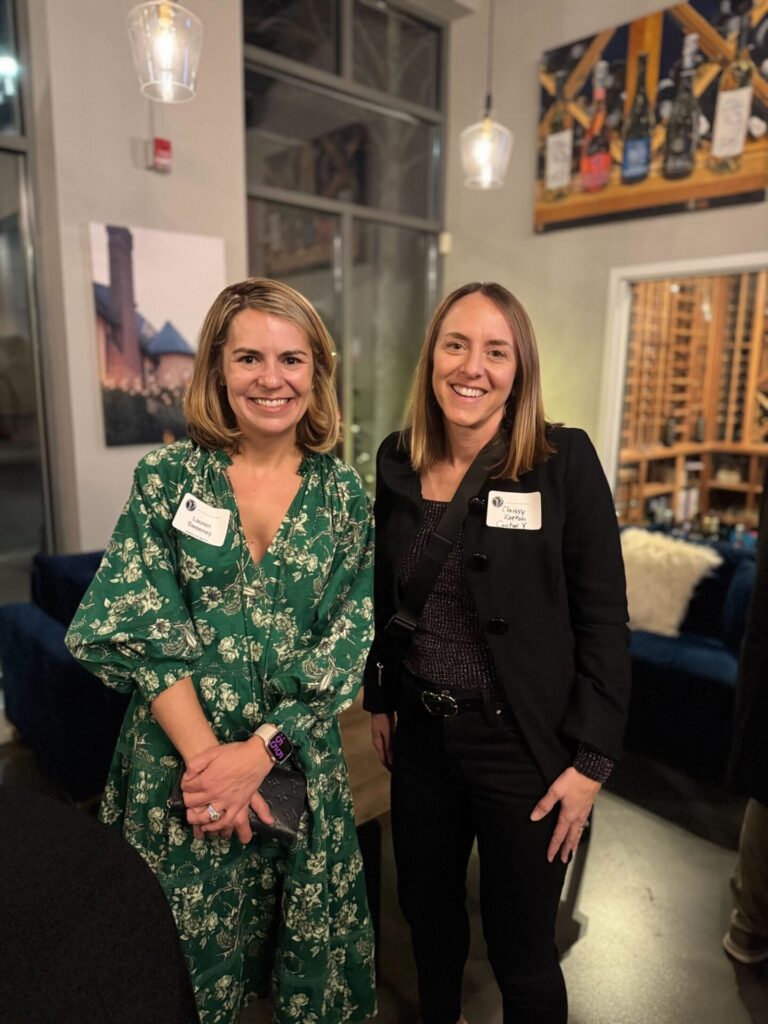
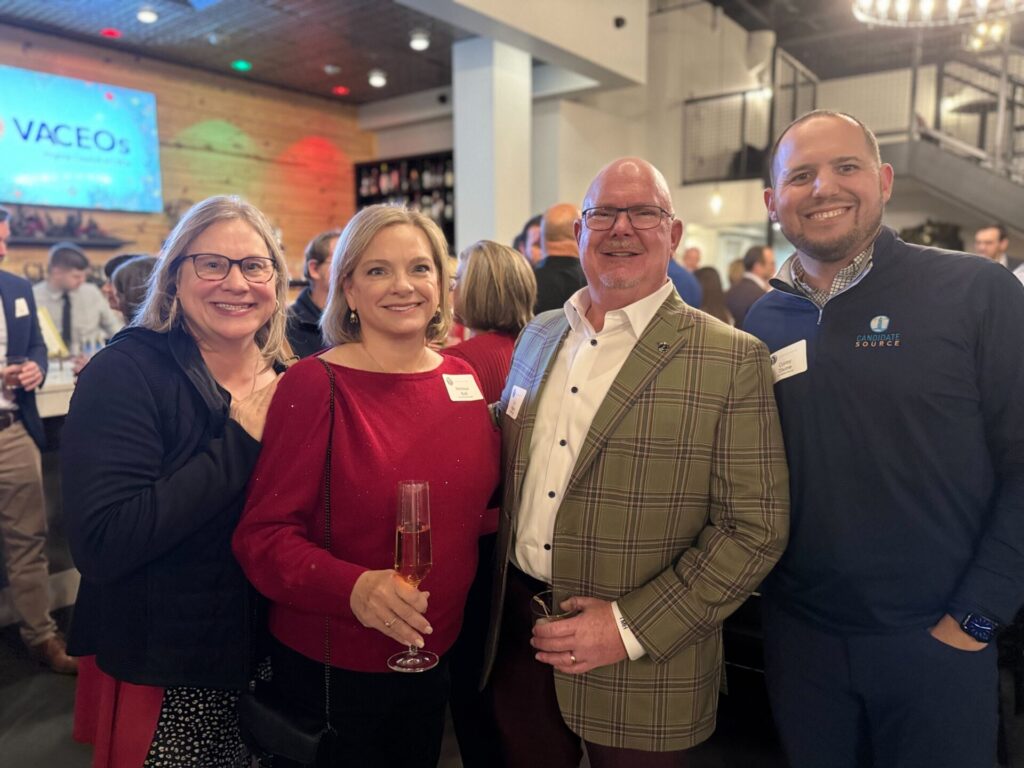
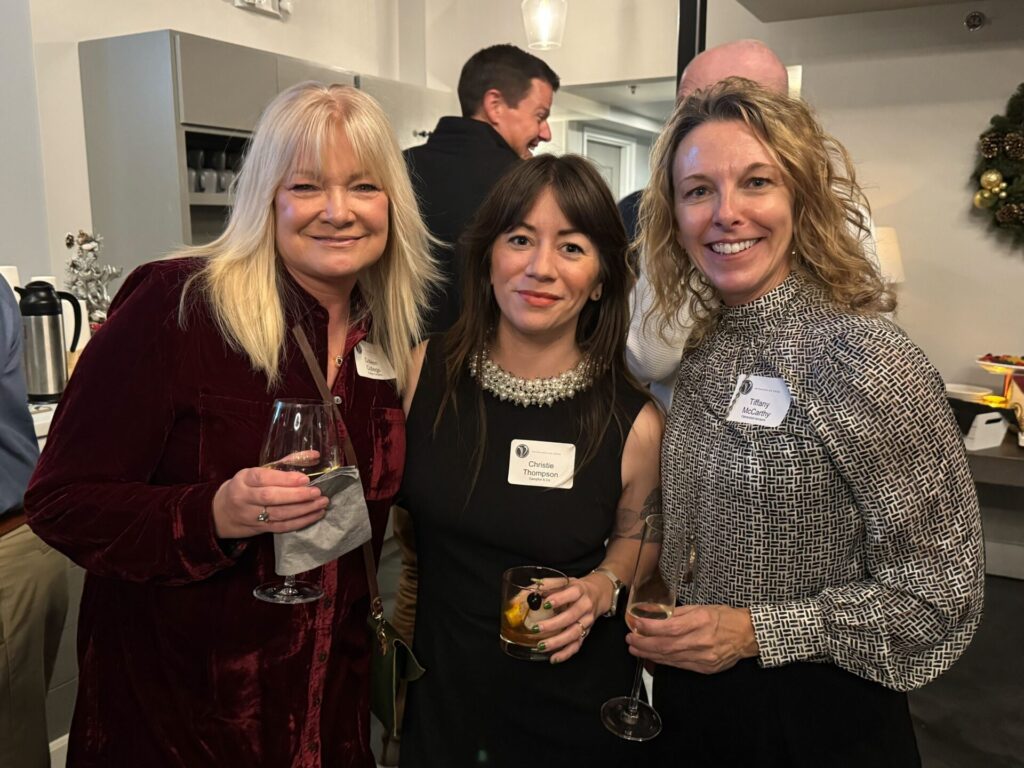
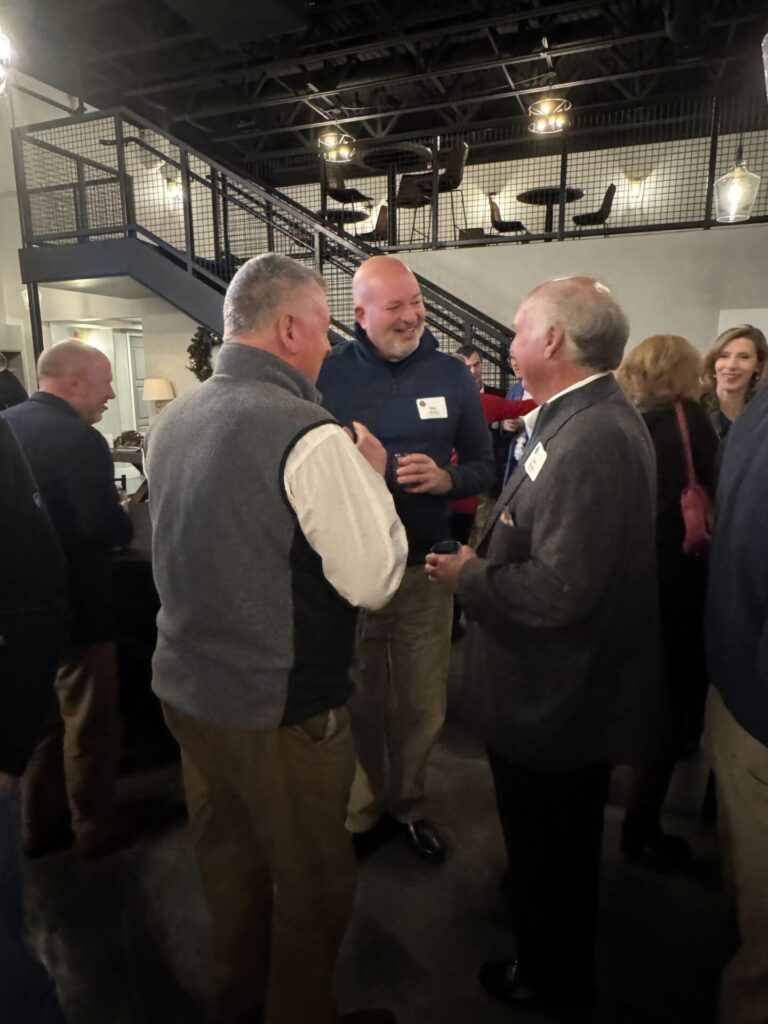
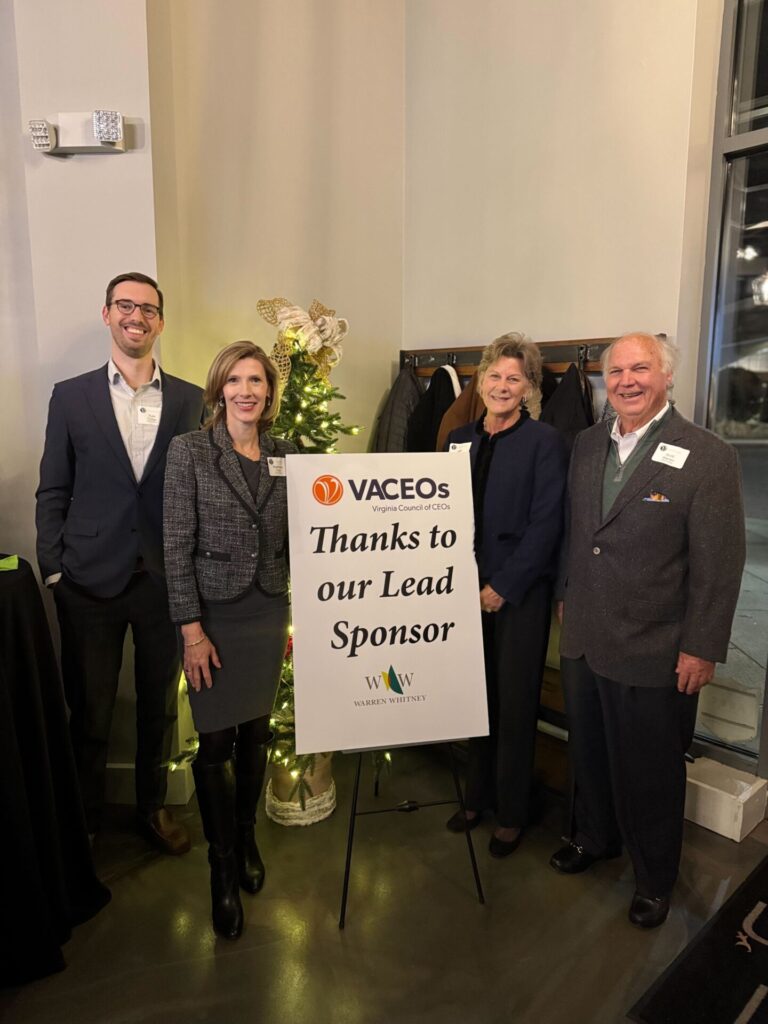
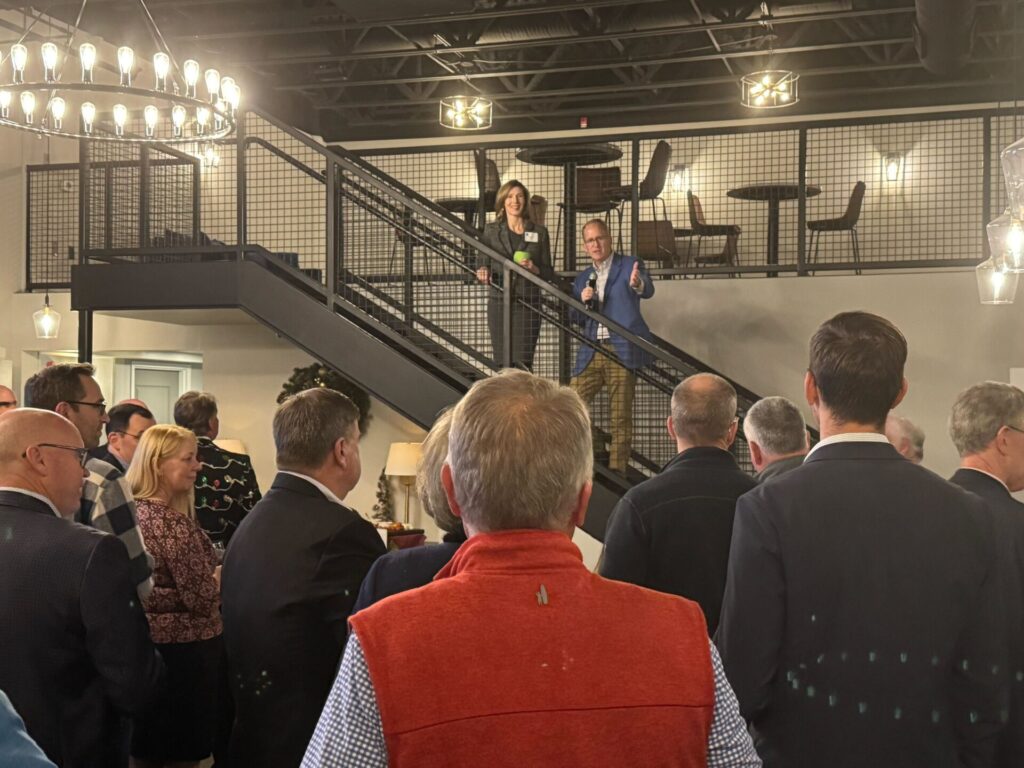
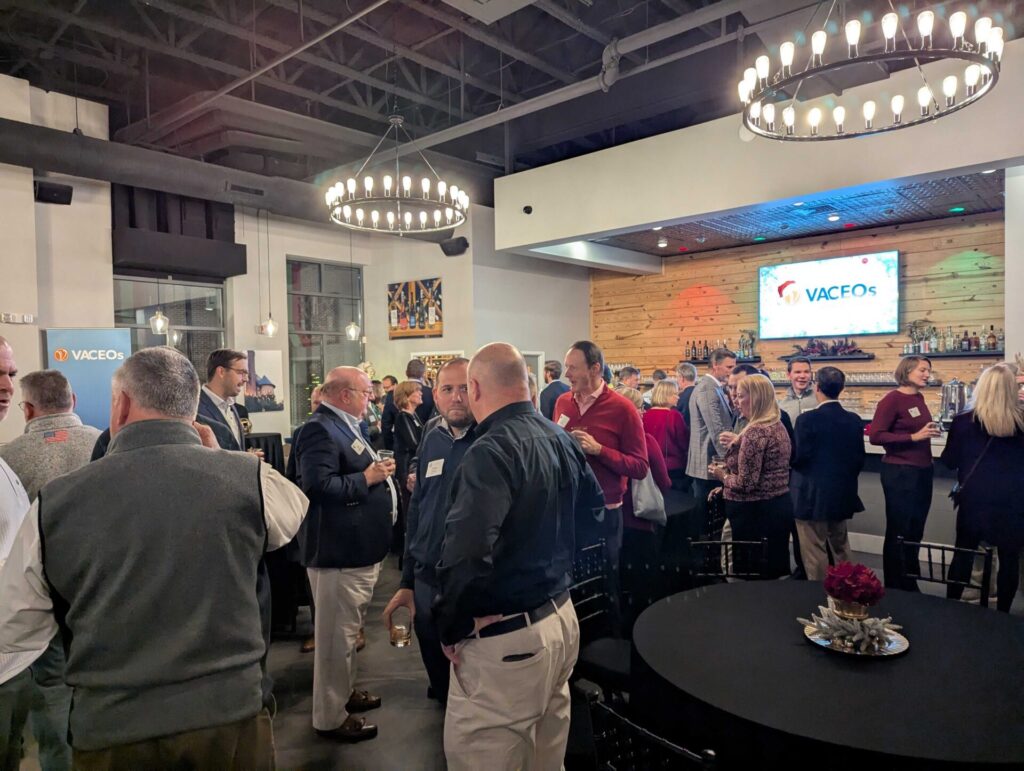
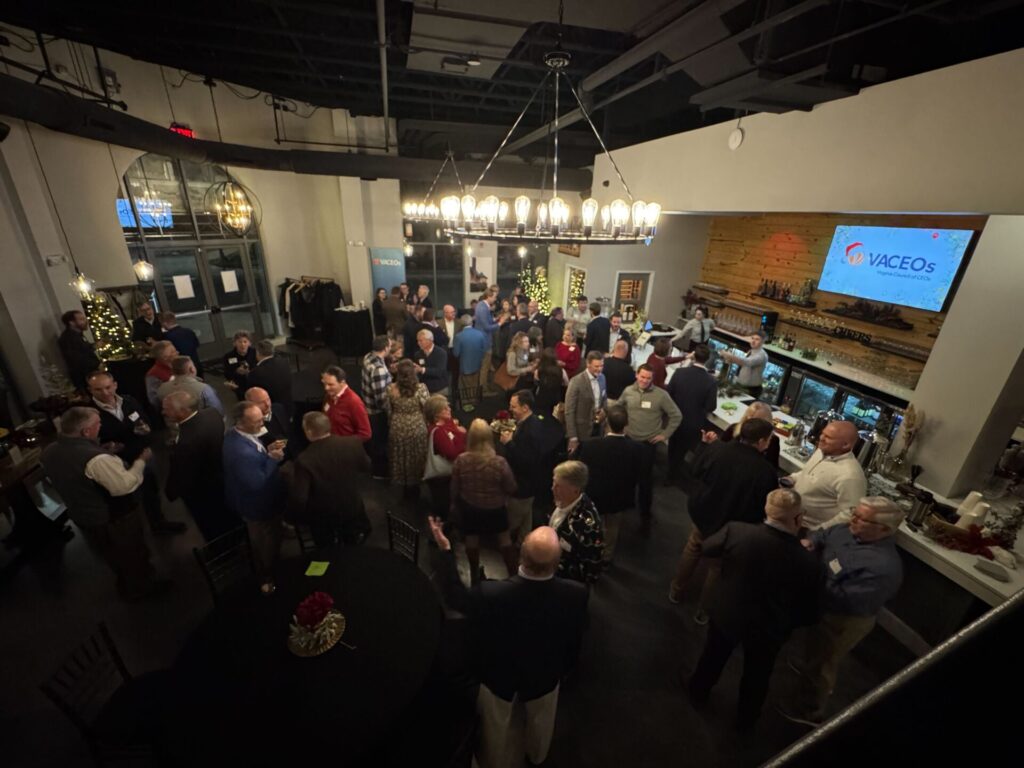

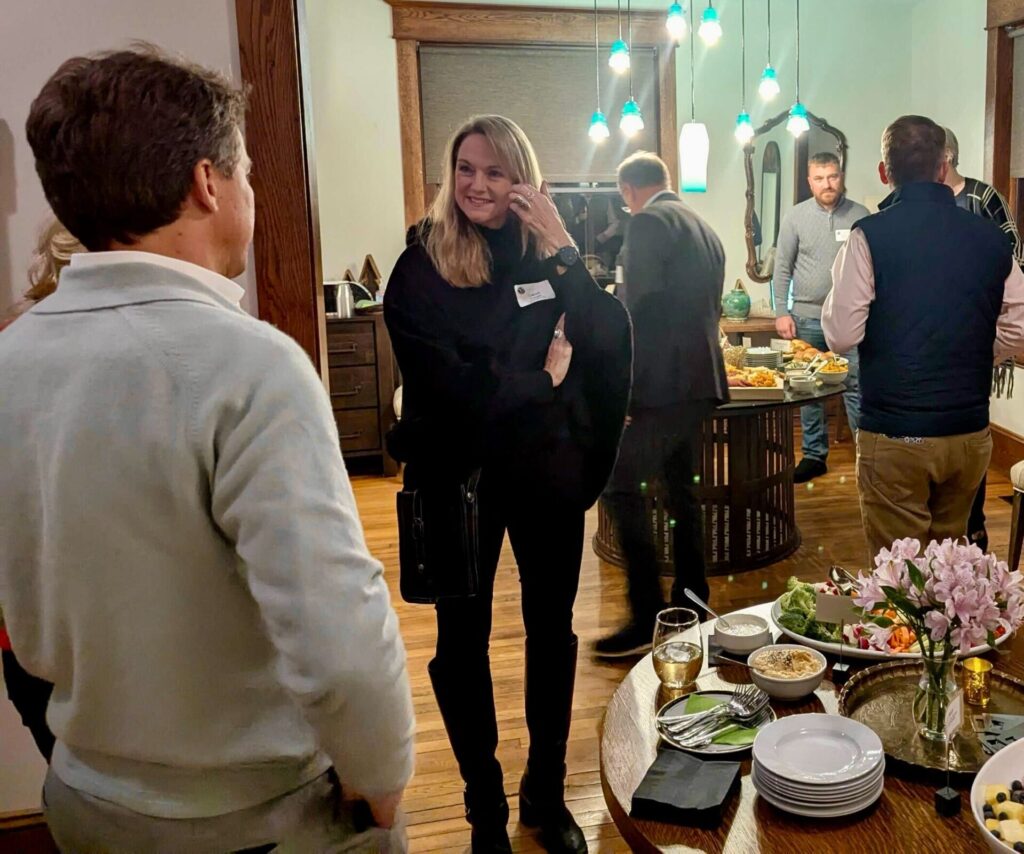
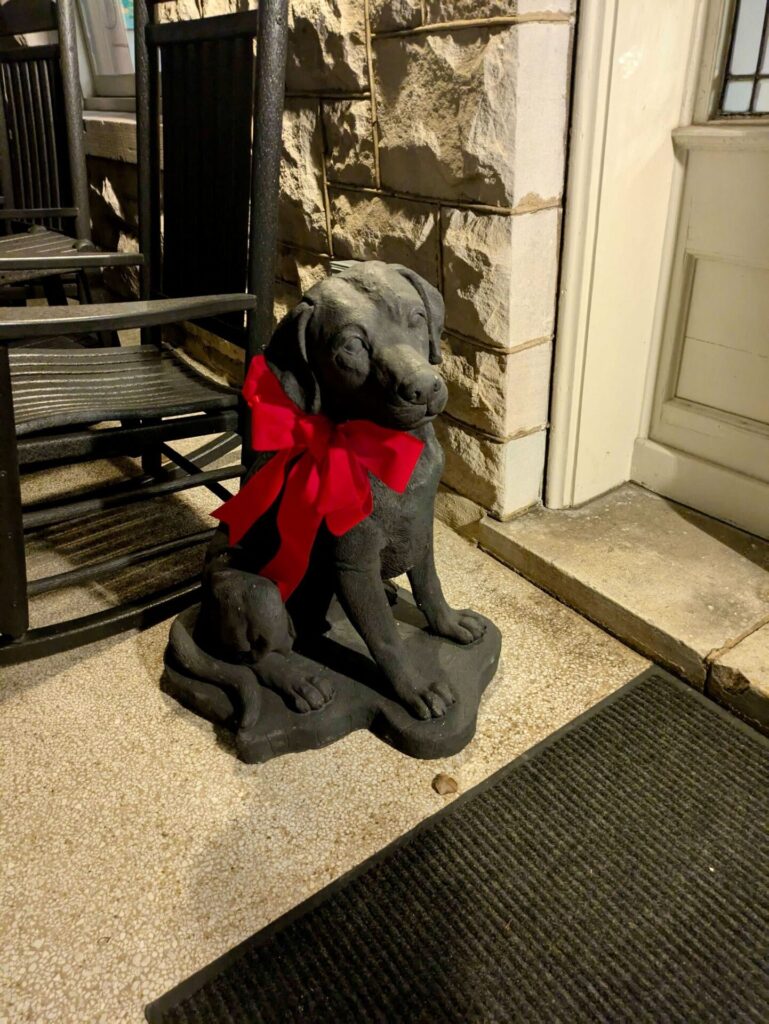
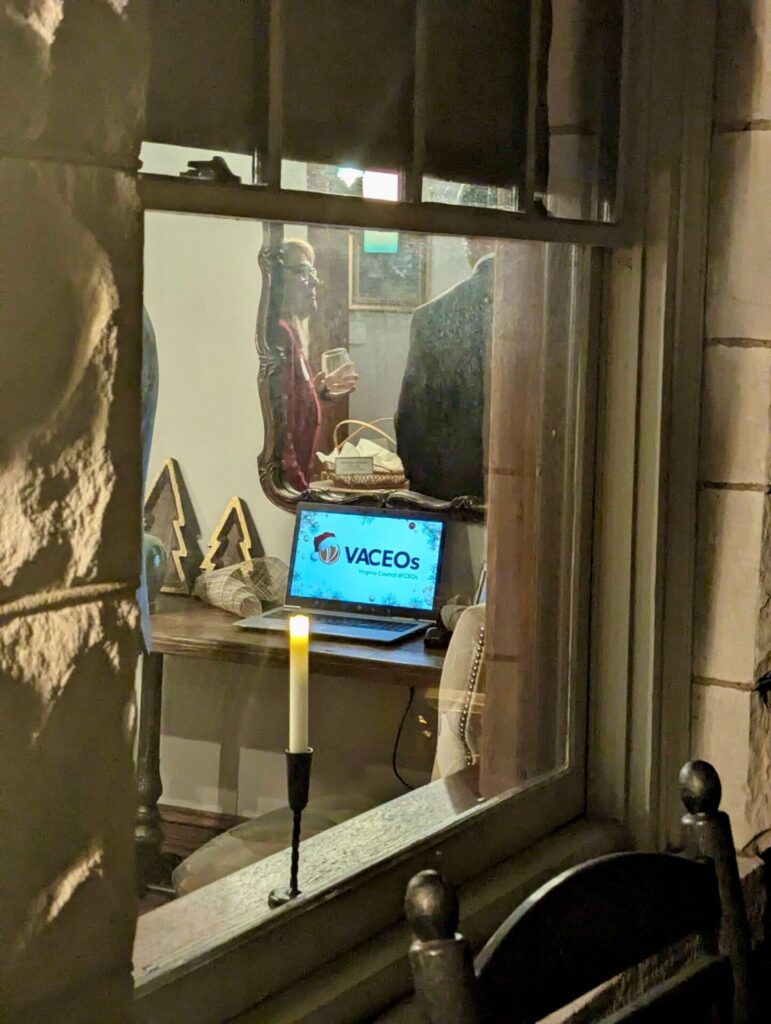
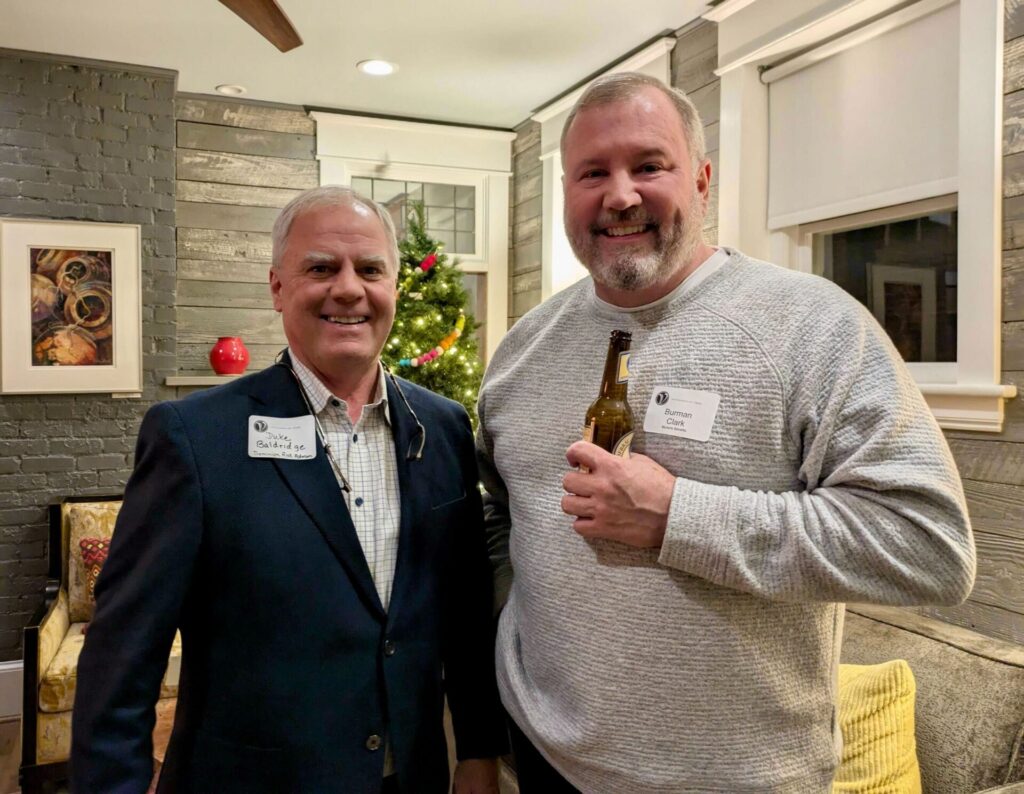
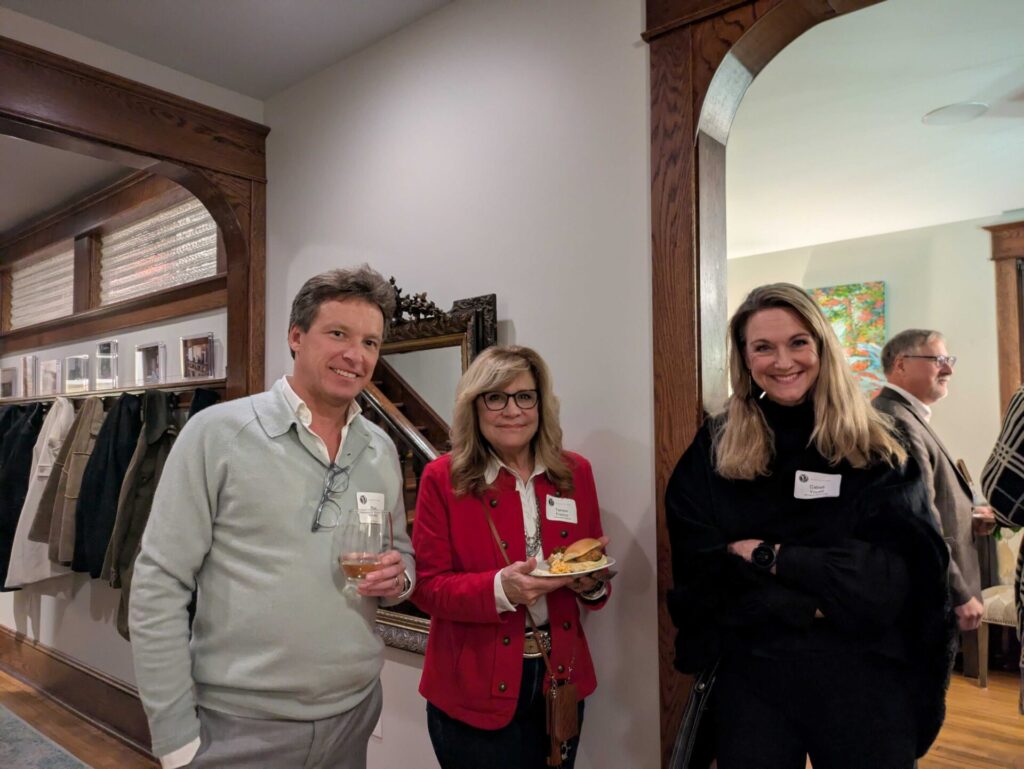
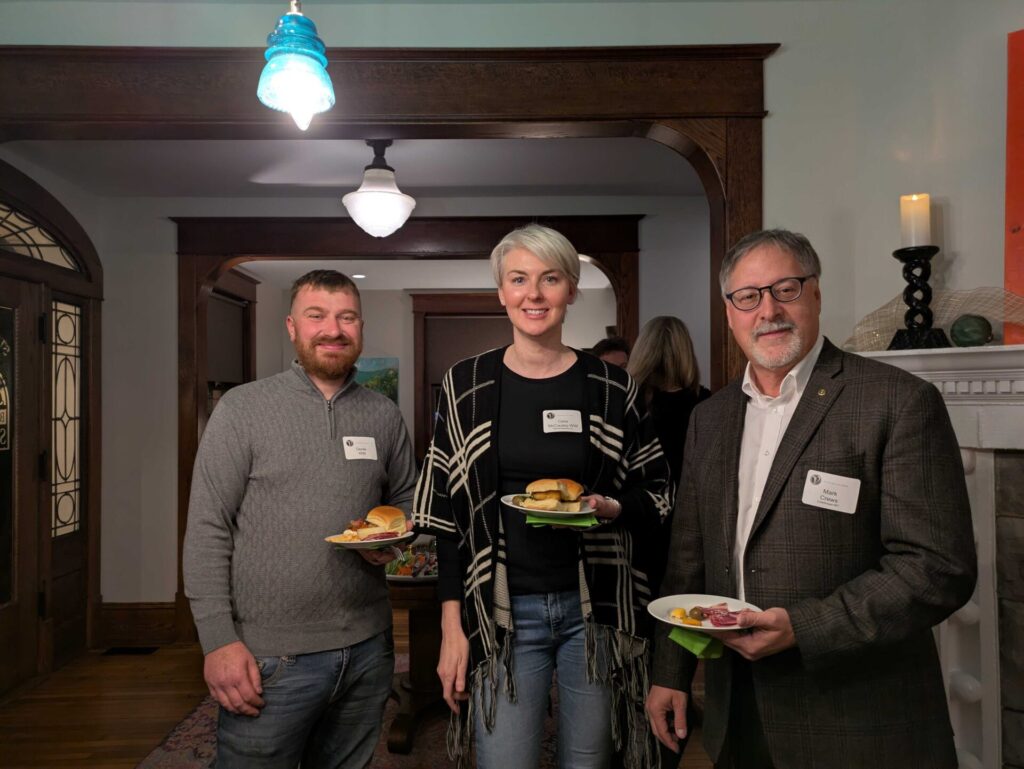
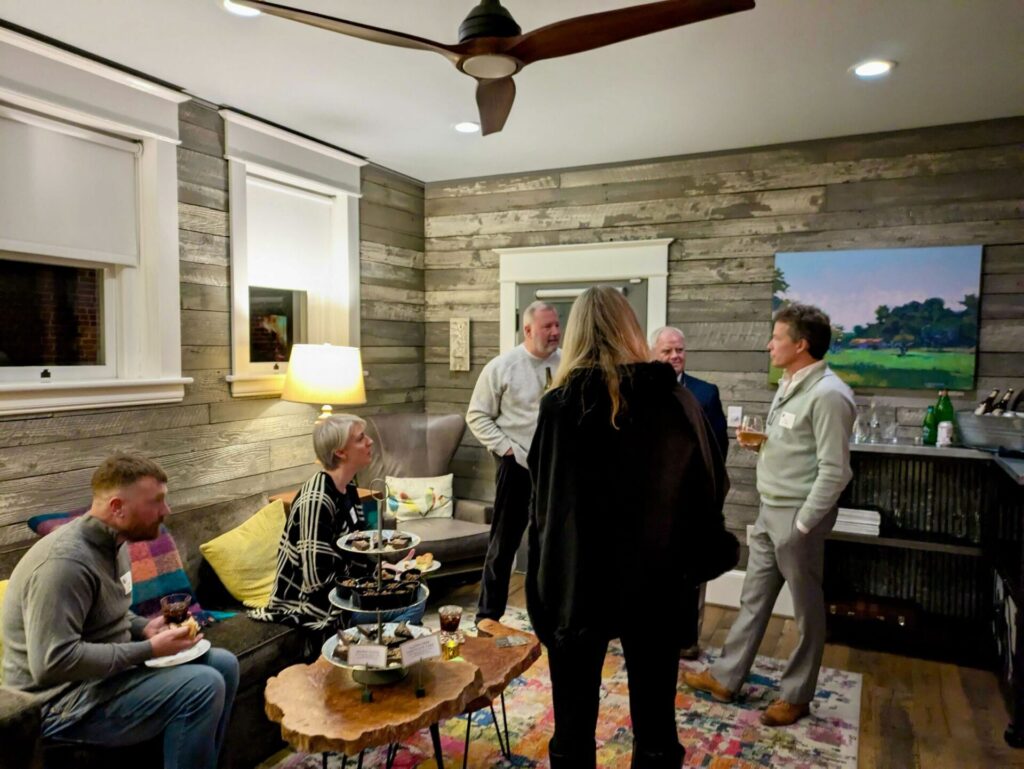
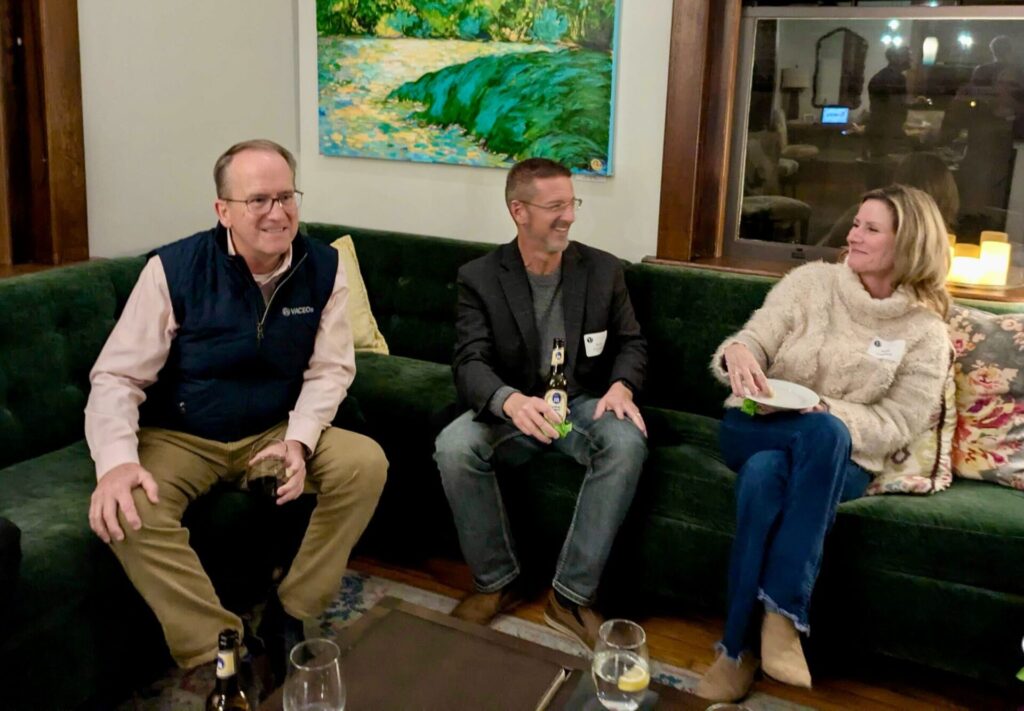
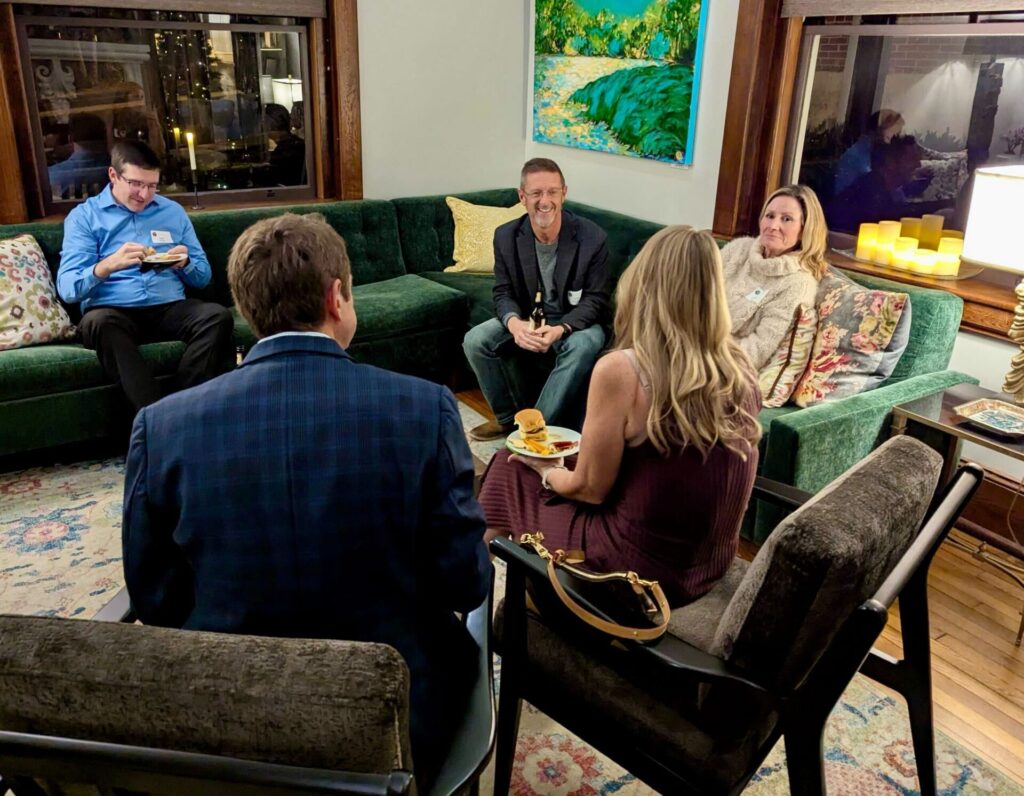
Maximize Your Loan Potential
3 Strategic Steps
Securing the right loan for your business can be the catalyst that helps your company grow—but just like with any major investment, it requires effective marketing. Successfully securing financing is not just about applying; it’s about presenting your business in a compelling way that demonstrates its strengths and potential. In essence, you are marketing your business to the bank, and much like an investor pitch book, your loan package serves as a critical sales tool.
Your loan application will outline your business details, financial data, and growth opportunities. You effectively demonstrate why a bank should invest in your business through a loan by delivering a compelling view of your company’s strengths, market position, and financial health.
Step 1. Be financially organized.
Before starting the loan process, ensure your balance sheets and income statements are in order. Much like investors, banks are looking for businesses that show strong financials, growth potential, and sound management. This means there cannot be significant year-to-year variances that require an explanation. It also means retained earnings must align with the opening balances for the following year. Your loan package should include the following critical components to position your business to secure a loan with favorable terms:
- Financial Statements: Clear and accurate financials are essential. Banks want to see well-organized balance sheets, income statements, and sources and uses with minimal variances.
- Business Strategy: Communicate how you plan to use the loan and how it will help grow or stabilize your business.
- Risk Mitigation: Banks want assurance that you’ve considered the risks and have plans in place to manage them. Address these directly in your package.
Step 2. Create your loan application/pitch book.
A thoughtfully organized loan application acts as a powerful marketing tool, presenting your compelling narrative that must resonate with banks. Your goal is to persuade the bank that your business is a worthy investment by providing a comprehensive view of your company’s strengths and financial stability. Like a pitch book, your loan package should highlight the following:
- Company Overview: Briefly describe your business, history, and your industry experience.
- Market Analysis: Provide insight into your customer base, market trends, and competitive landscape. Address any risks and outline how you are mitigating them.
- Financials: Include detailed financial statements, both past performance and future projections, to illustrate your ability to manage and grow with the loan.
- Team Strengths: Highlight your leadership team and their credentials; strong leadership reassures lenders of long-term stability.
Just as the structure and appearance of a pitch book can influence investors, the way you present your loan package can impact a bank’s decision. A well-organized, visually appealing application can make it easier for banks to understand and trust your business’s financial health.
3. Leverage your relationships.
Lastly, remember that loans are not just transactional; they’re relationship-driven. Take the time to build a relationship with your banker before starting the formal loan process. A good commercial banker can help explain complex underwriting requirements, provide invaluable insights into what the bank is looking for, and guide you through the process.
Also, talk to your network of business professionals—CPAs, lawyers, and insurance agents—to get recommendations for banks and loan officers who are a good fit for your company’s size and needs.
Just as a pitch book is used to secure deals with investors, your loan package is your opportunity to sell your business to the bank. By crafting a strong narrative, presenting clean financials, and building strong relationships, you set yourself up for success. Securing a loan doesn’t have to be intimidating if you’ve done your homework. Preparation is key.
Contributed by Billy Johnston, Warren Whitney
Billy Johnston is a Director of Warren Whitney and brings over 35 years of extensive experience in financial management and leadership. Billy works collaboratively with clients to improve profitability, streamline processes, and motivate coworkers to get their best performance. He manages a big-picture perspective and dives deep into the details to ensure accurate reporting. He works on an ongoing, part-time, fractional basis to provide a cost-effective way to supplement your finance function and build for the future. To learn more, contact Kyle Ficker at kficker@warrenwhitney.com or 804.282.9566.
MAKING POTENTIAL HAPPEN

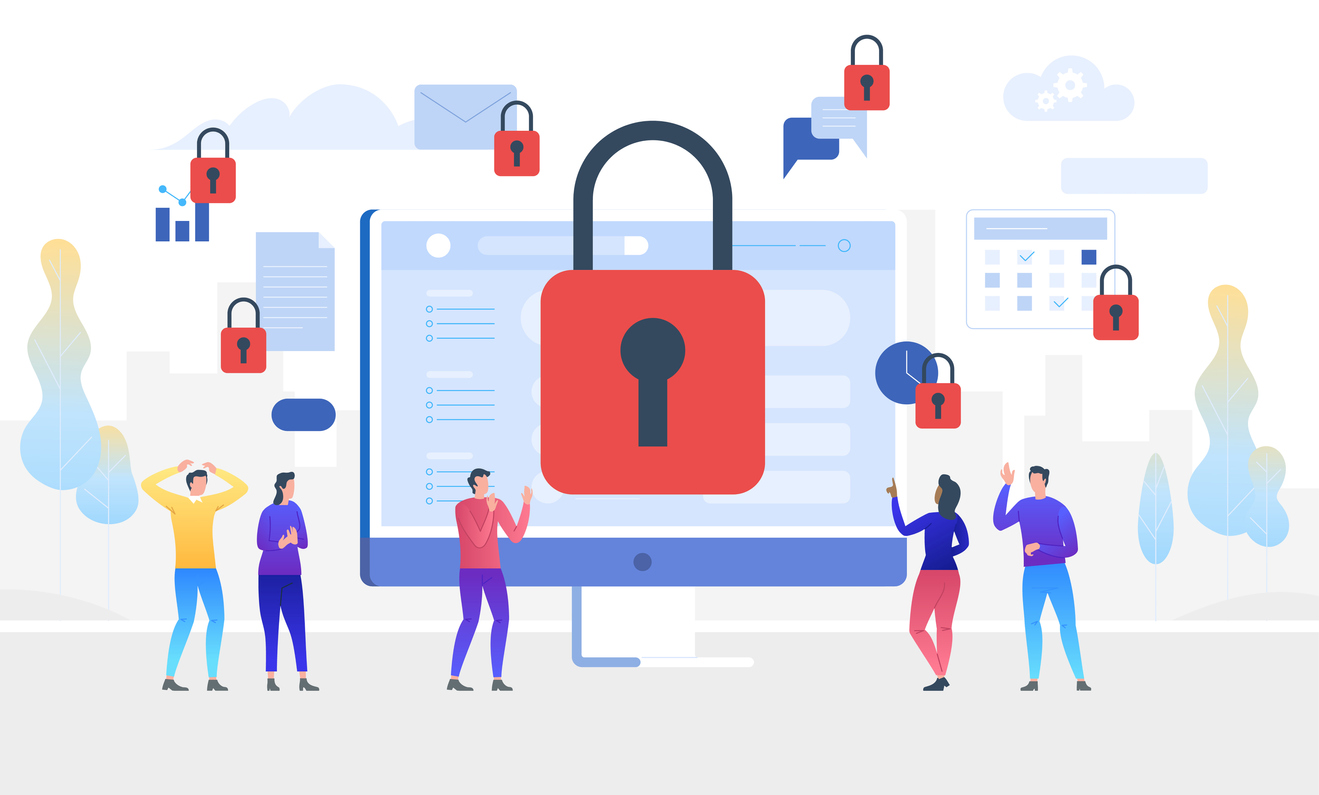
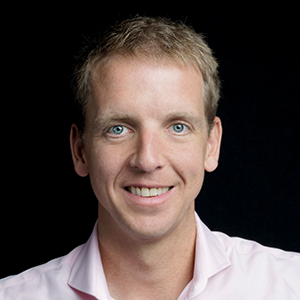
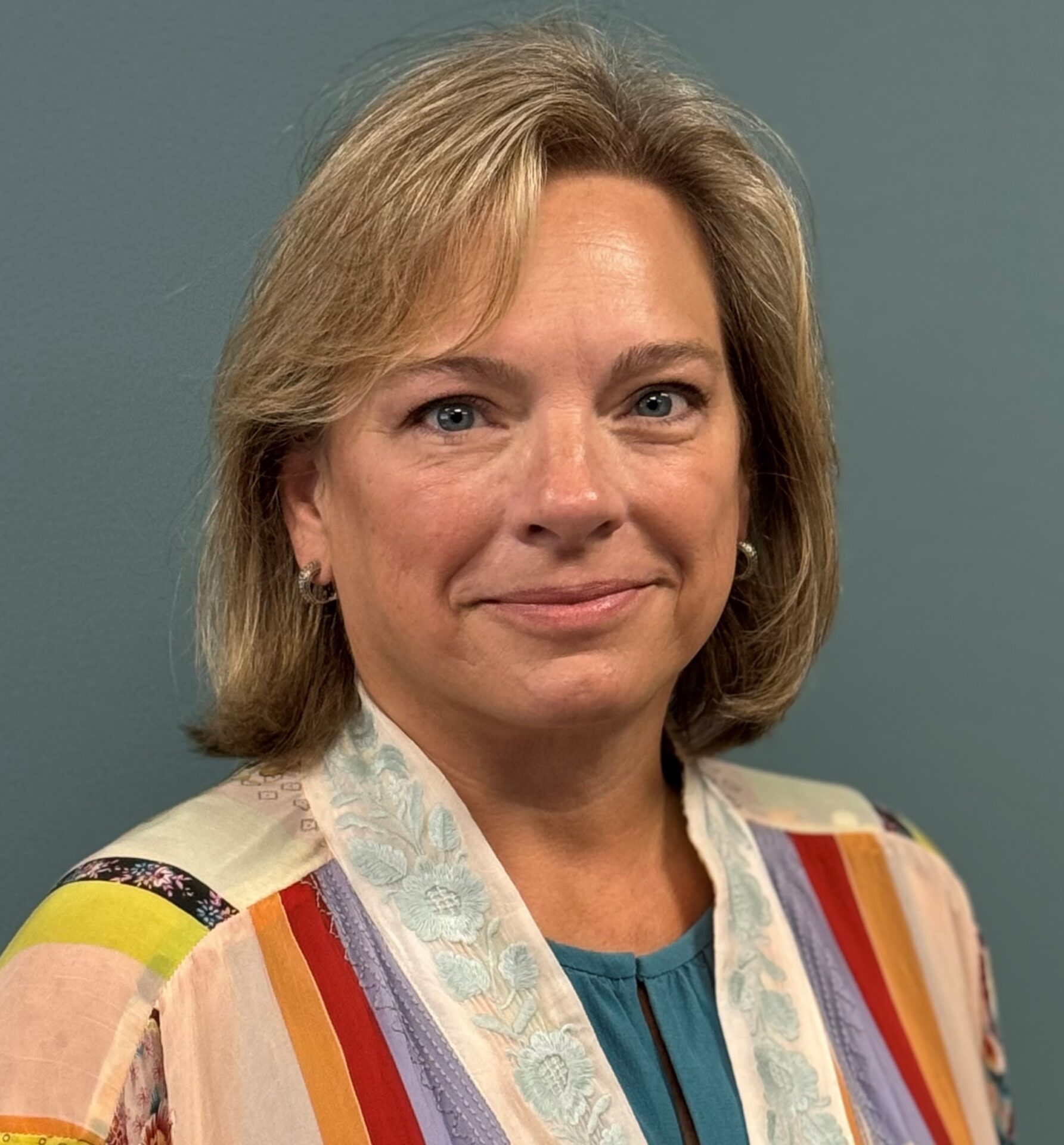
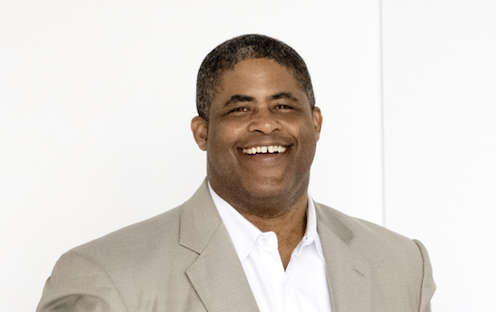
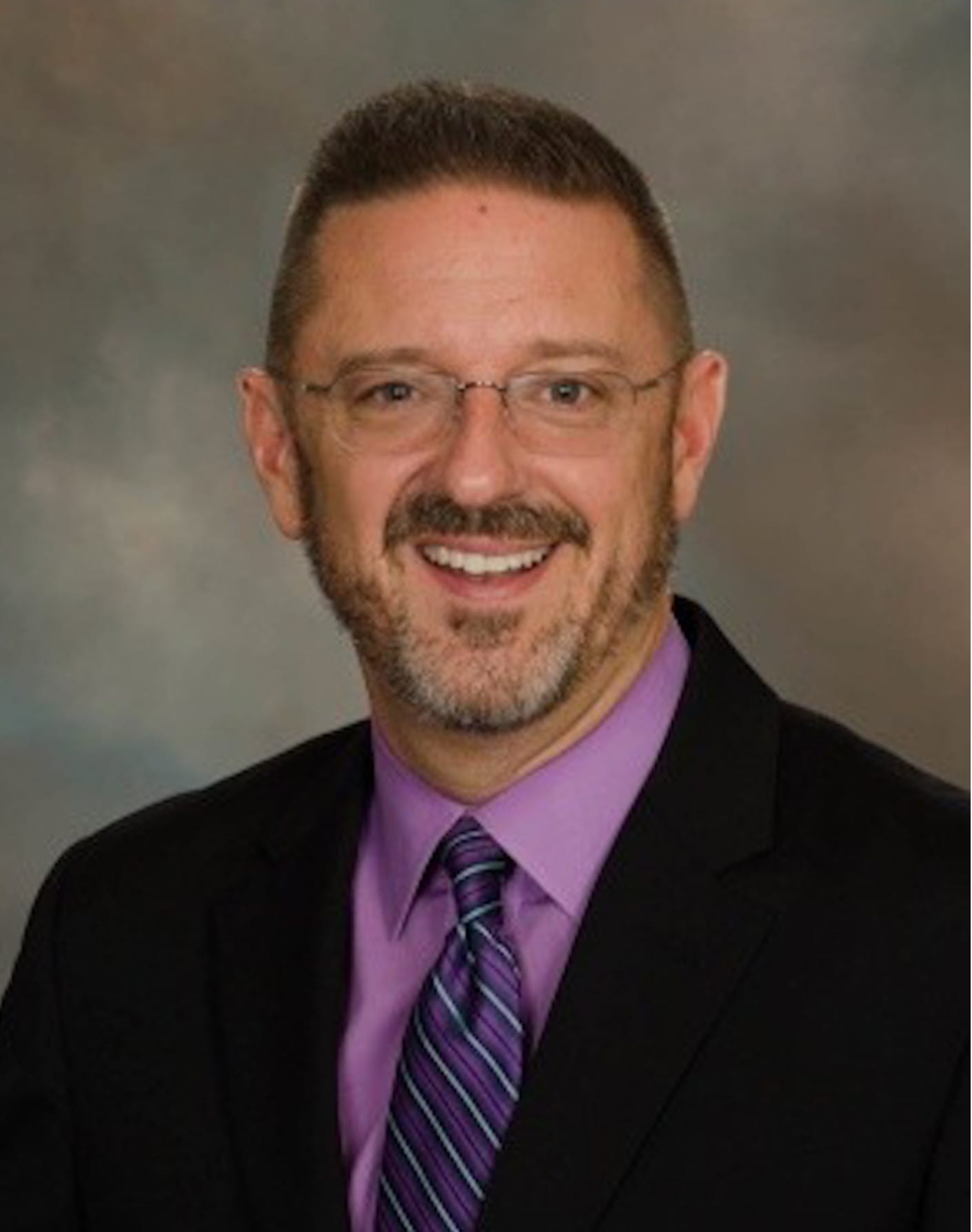
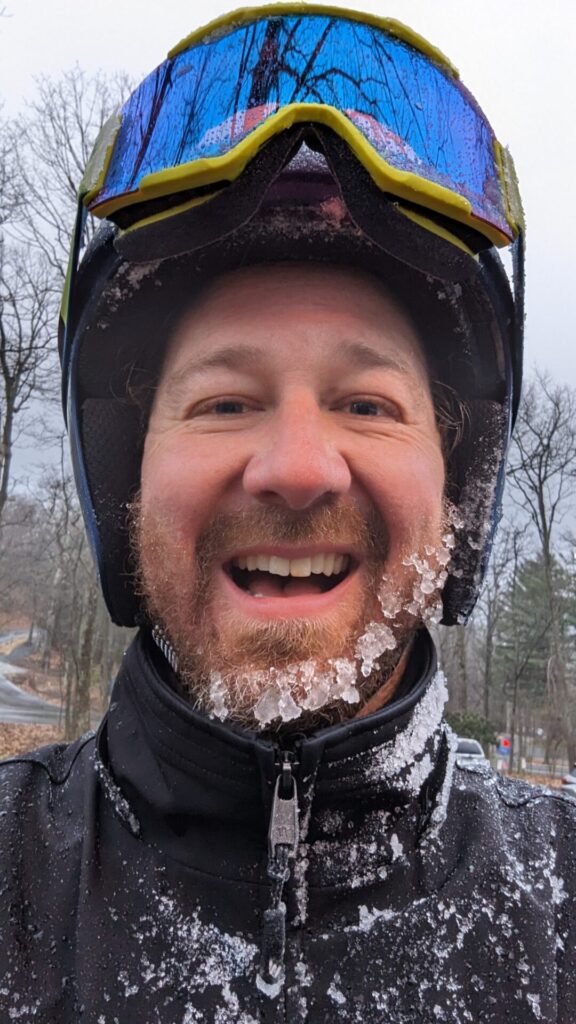
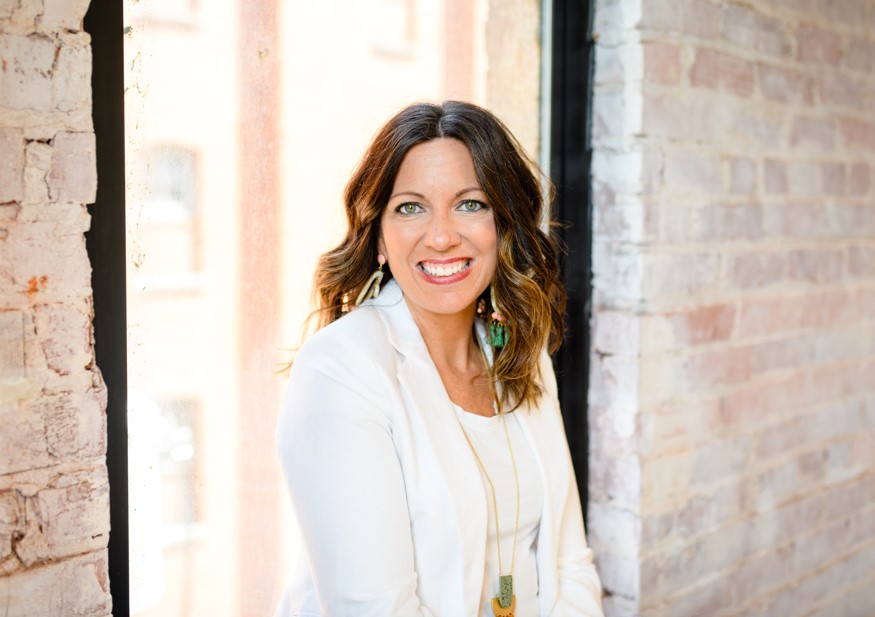
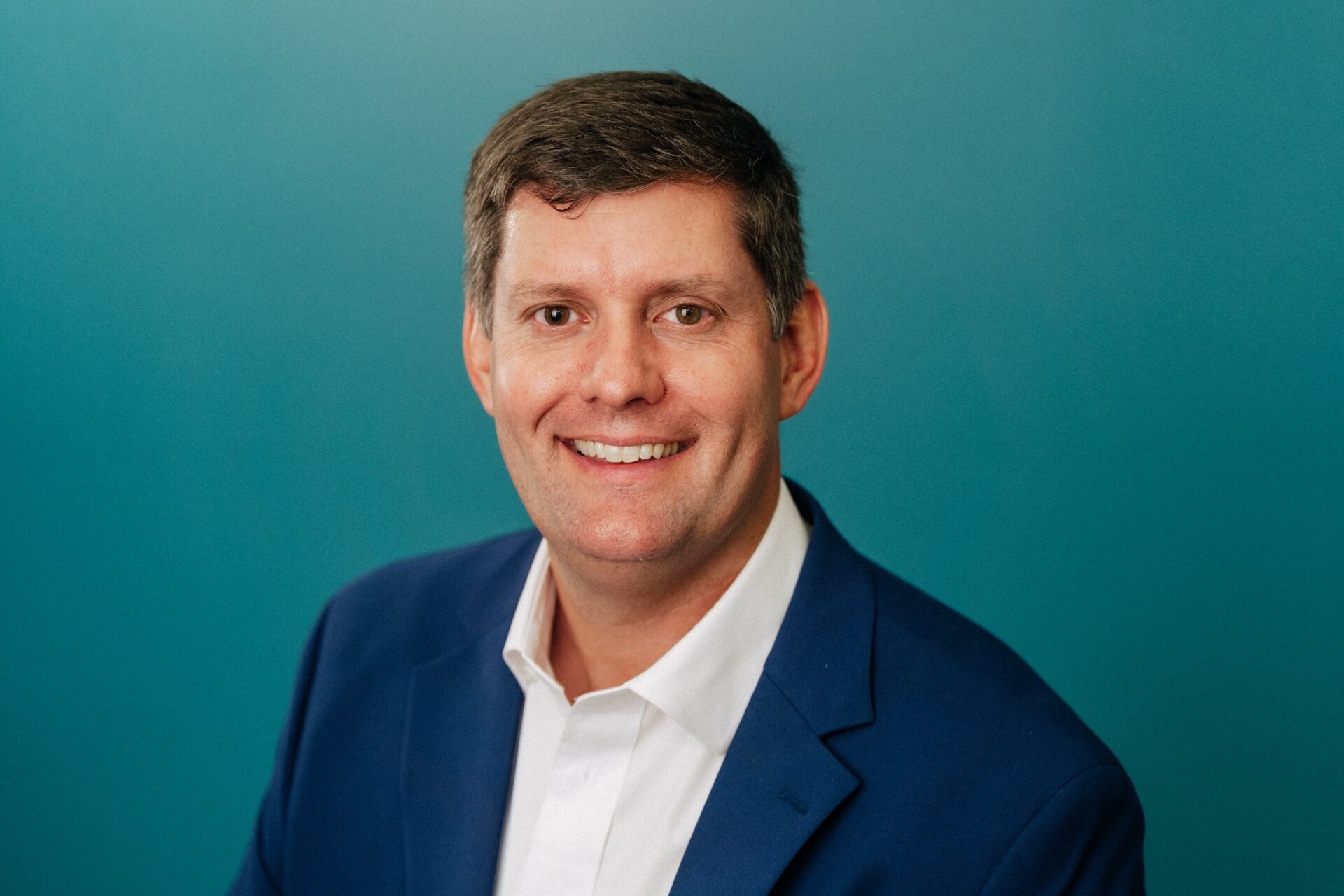
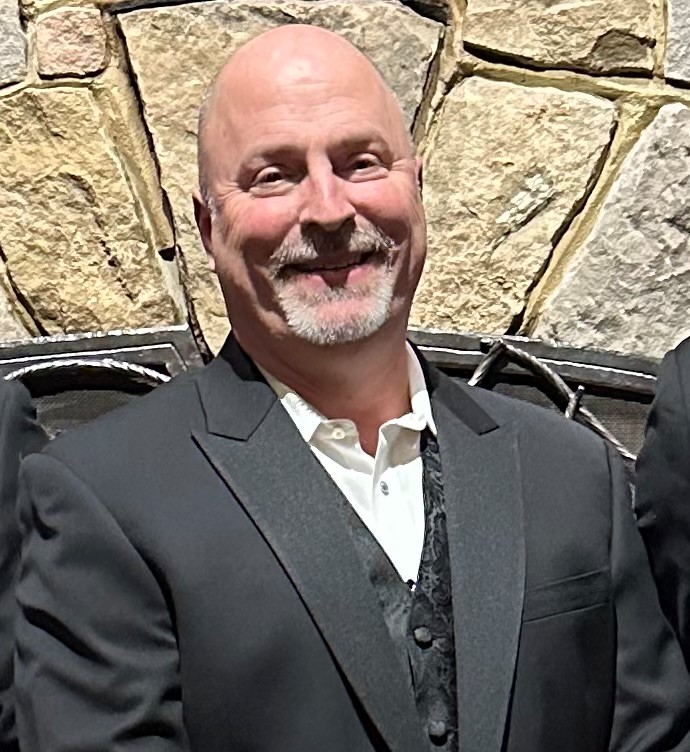

Recent Comments